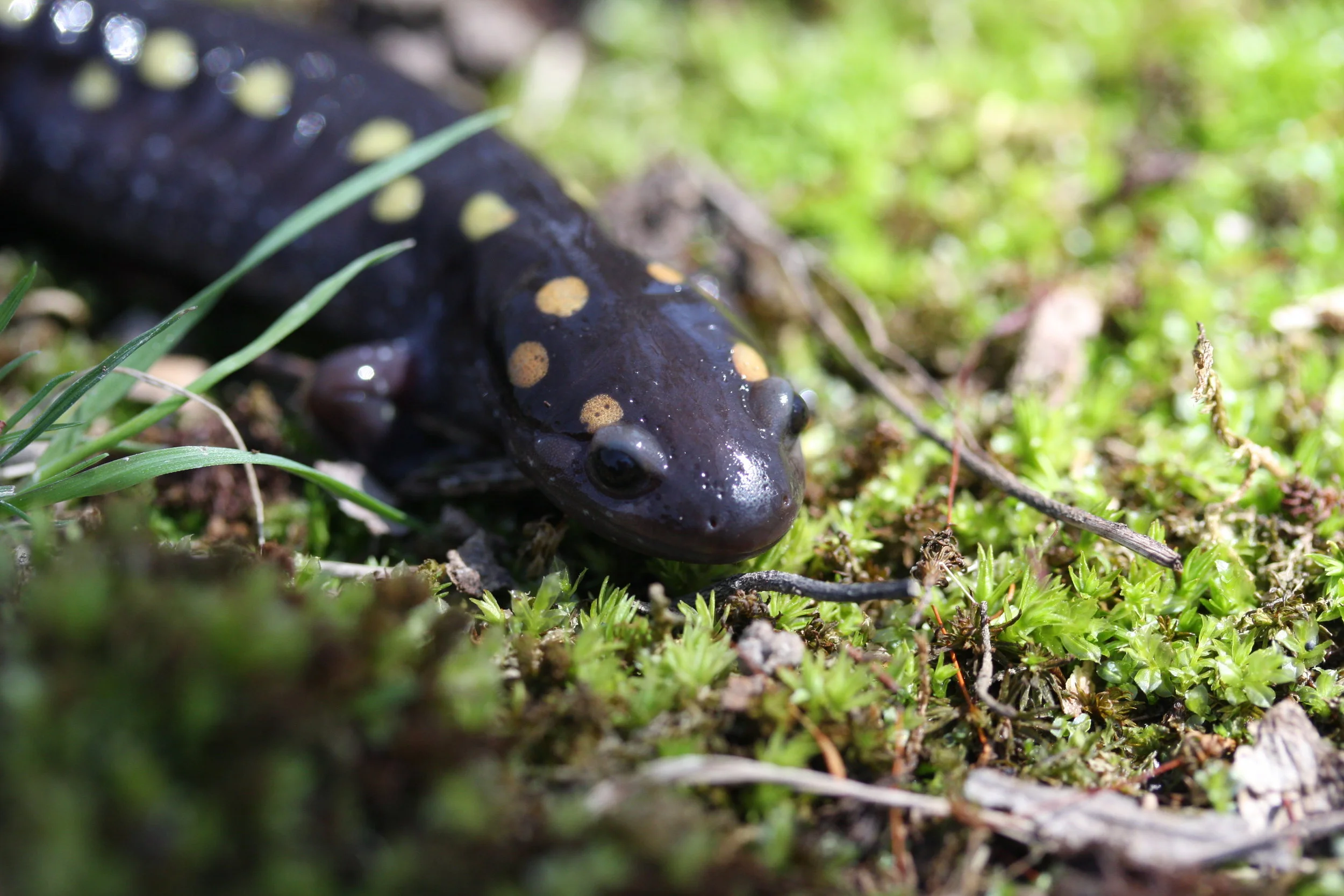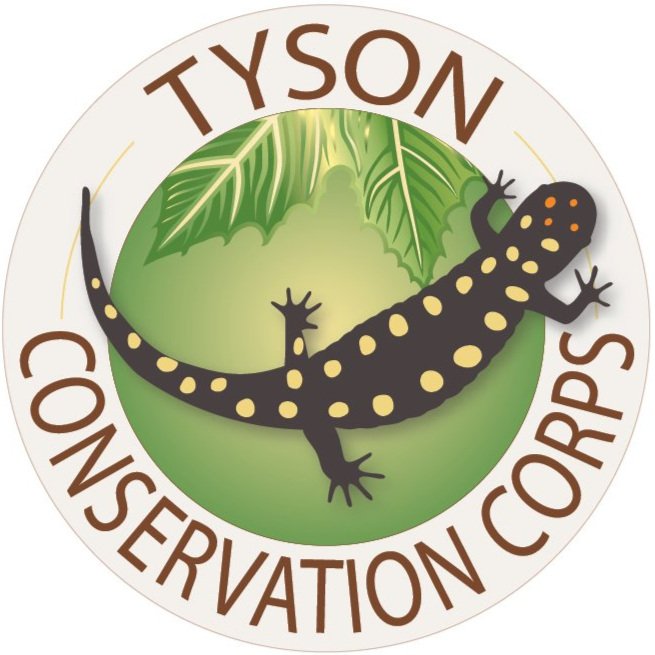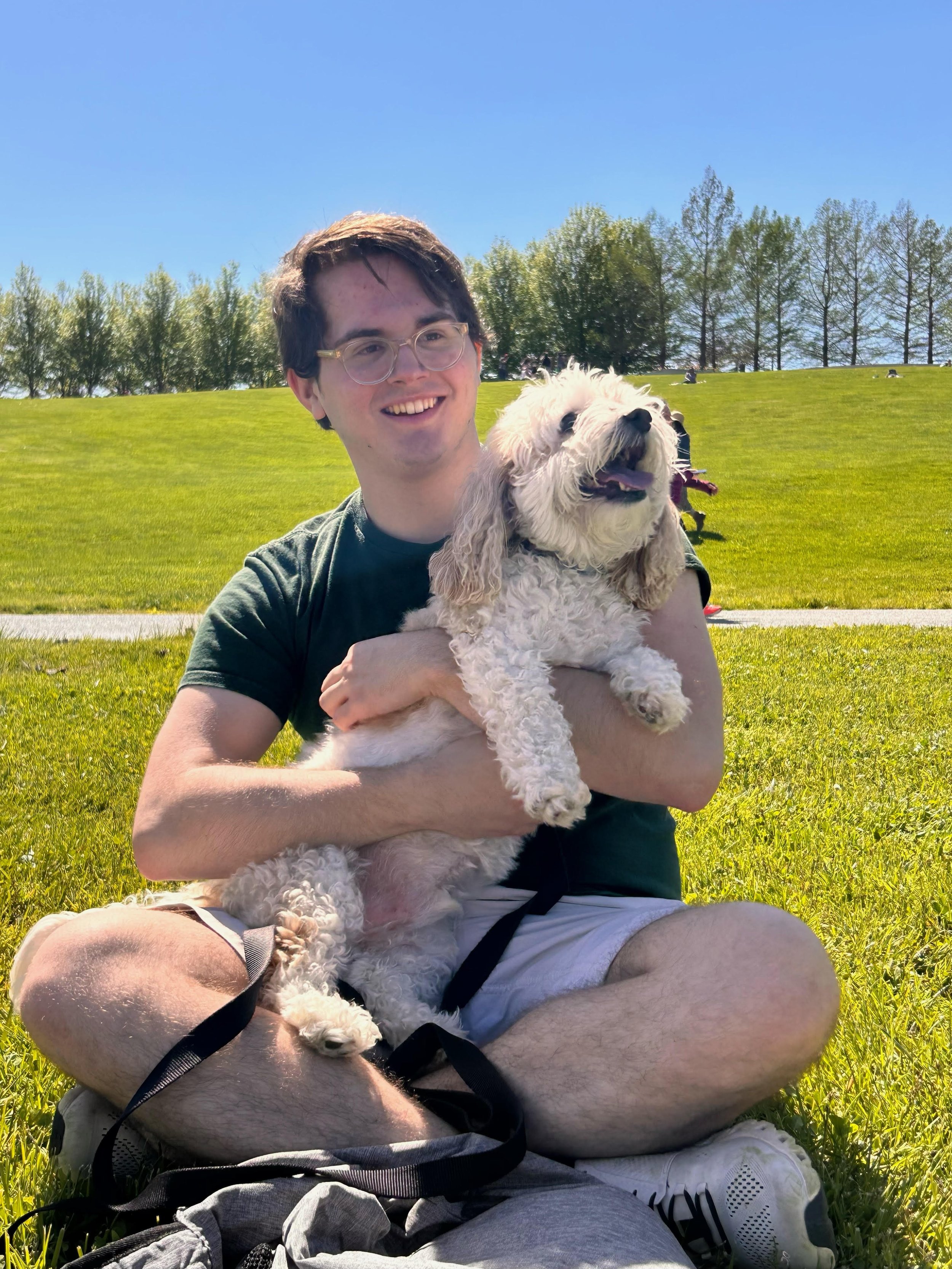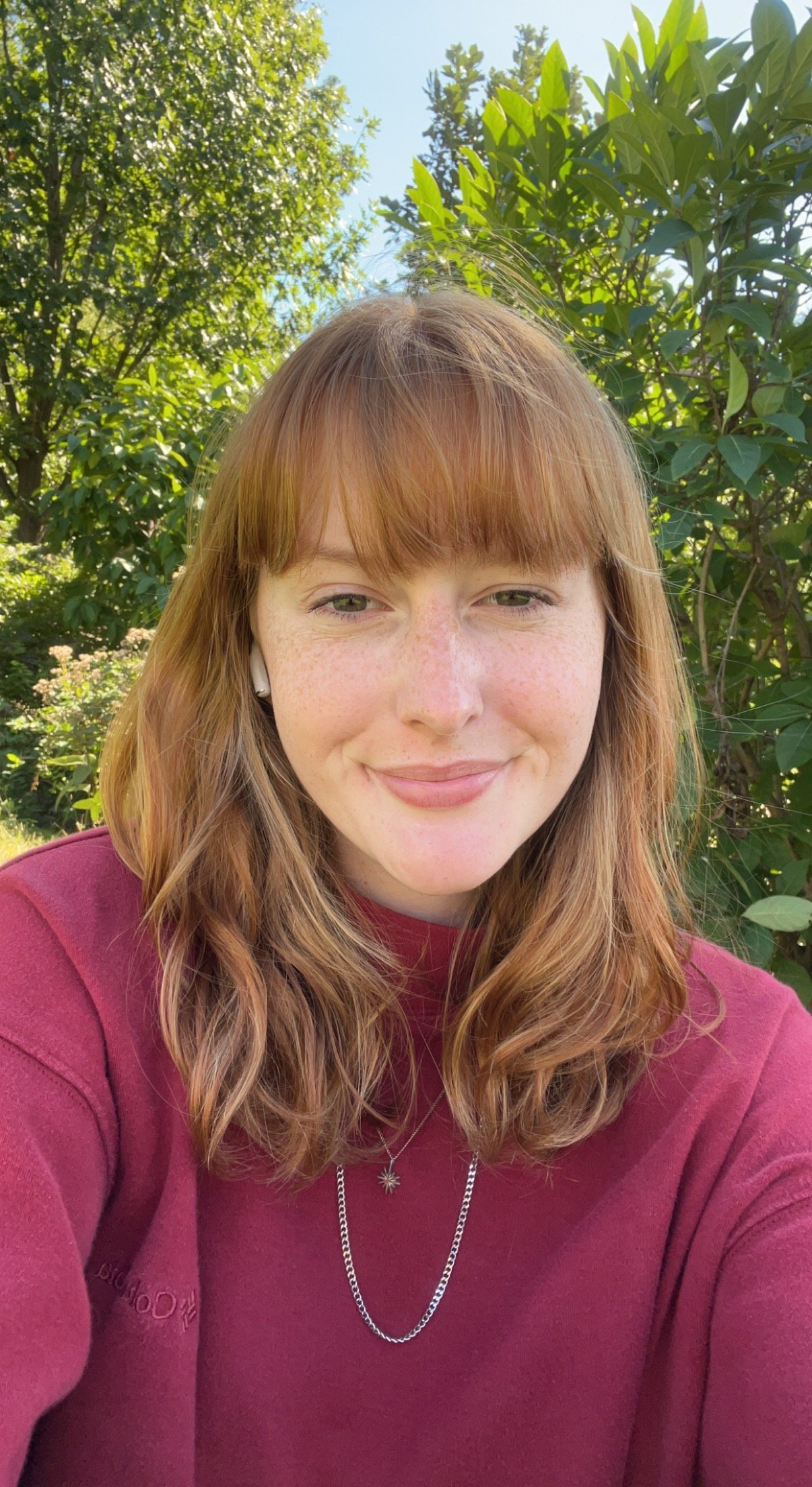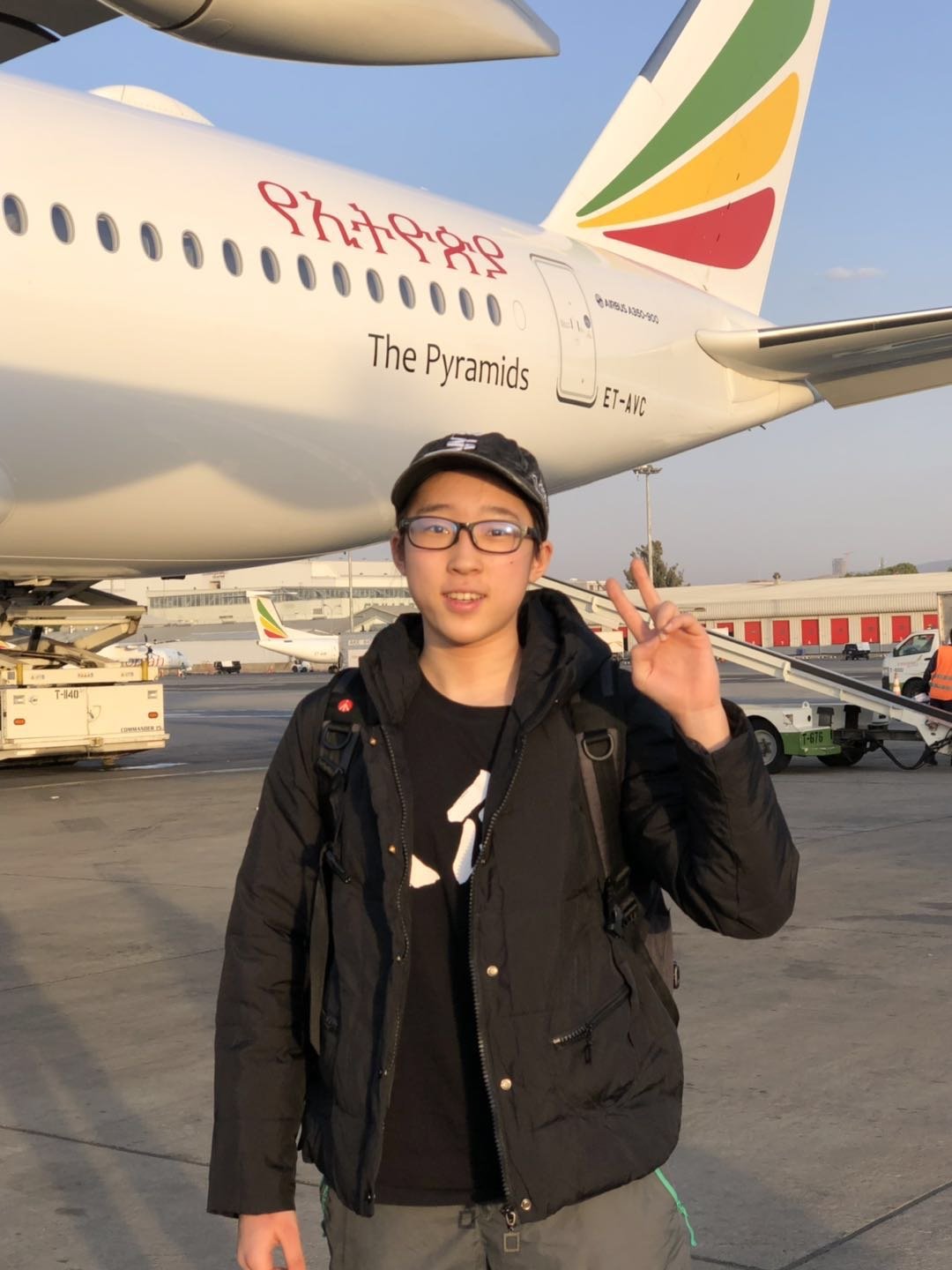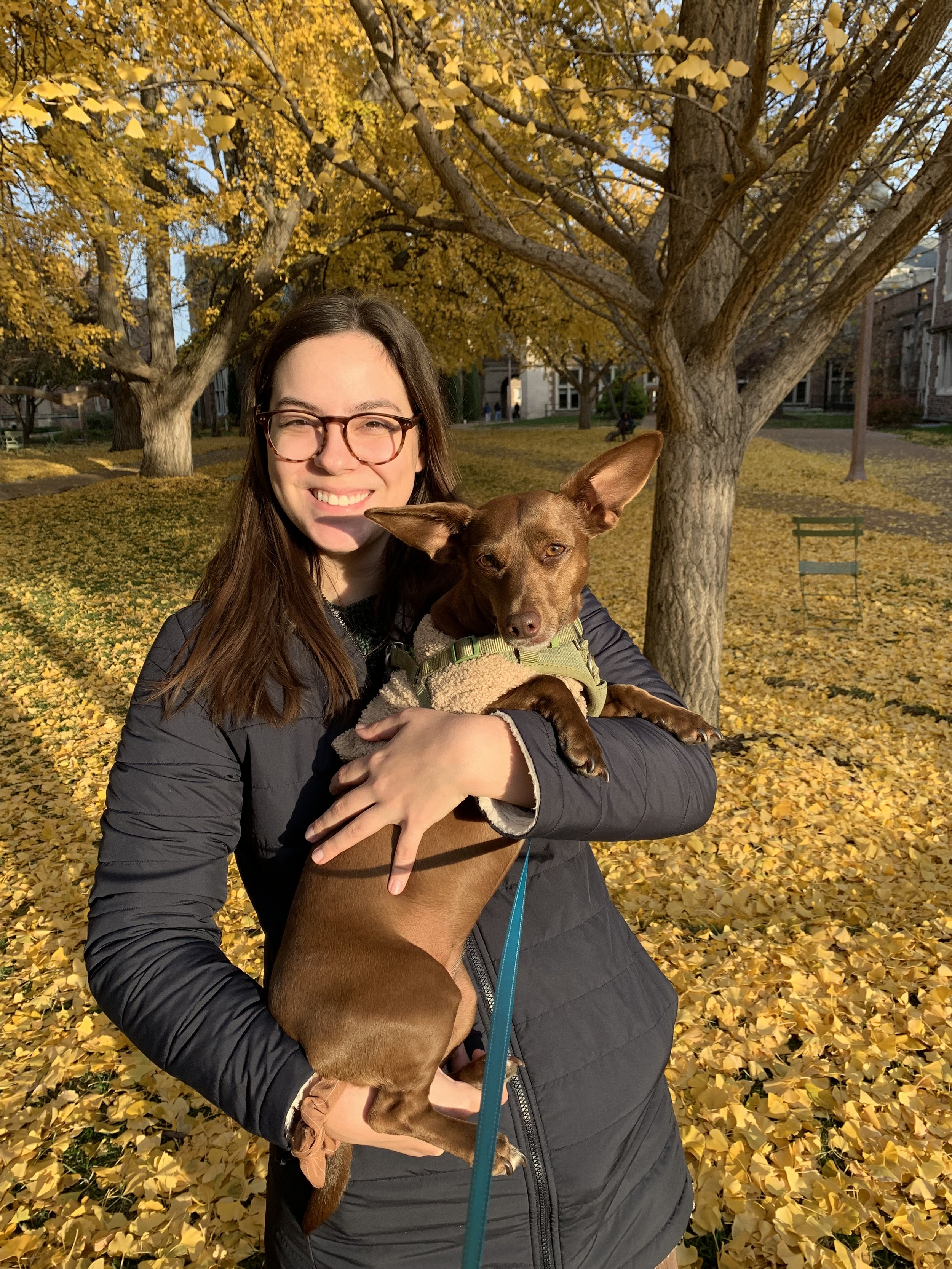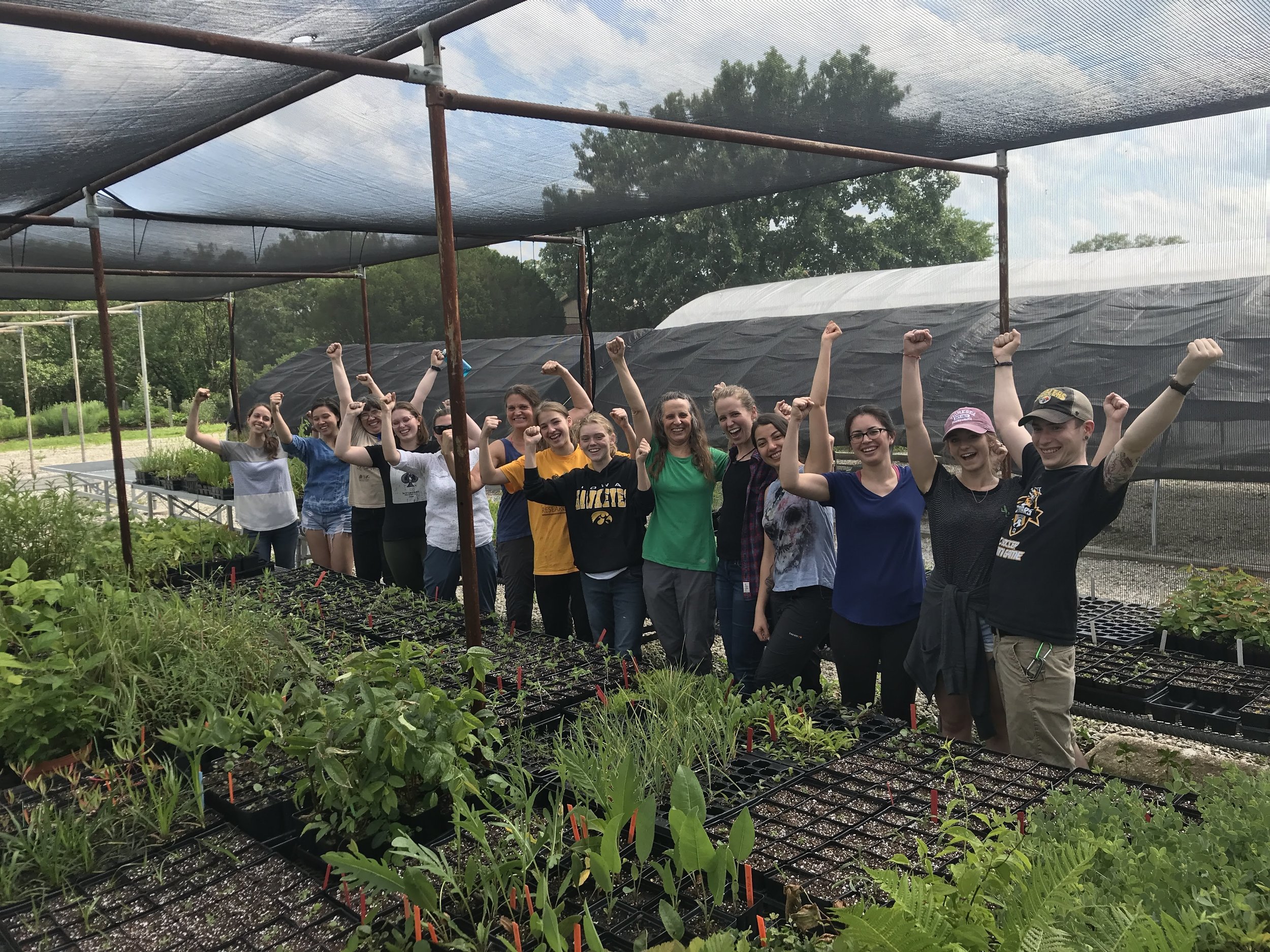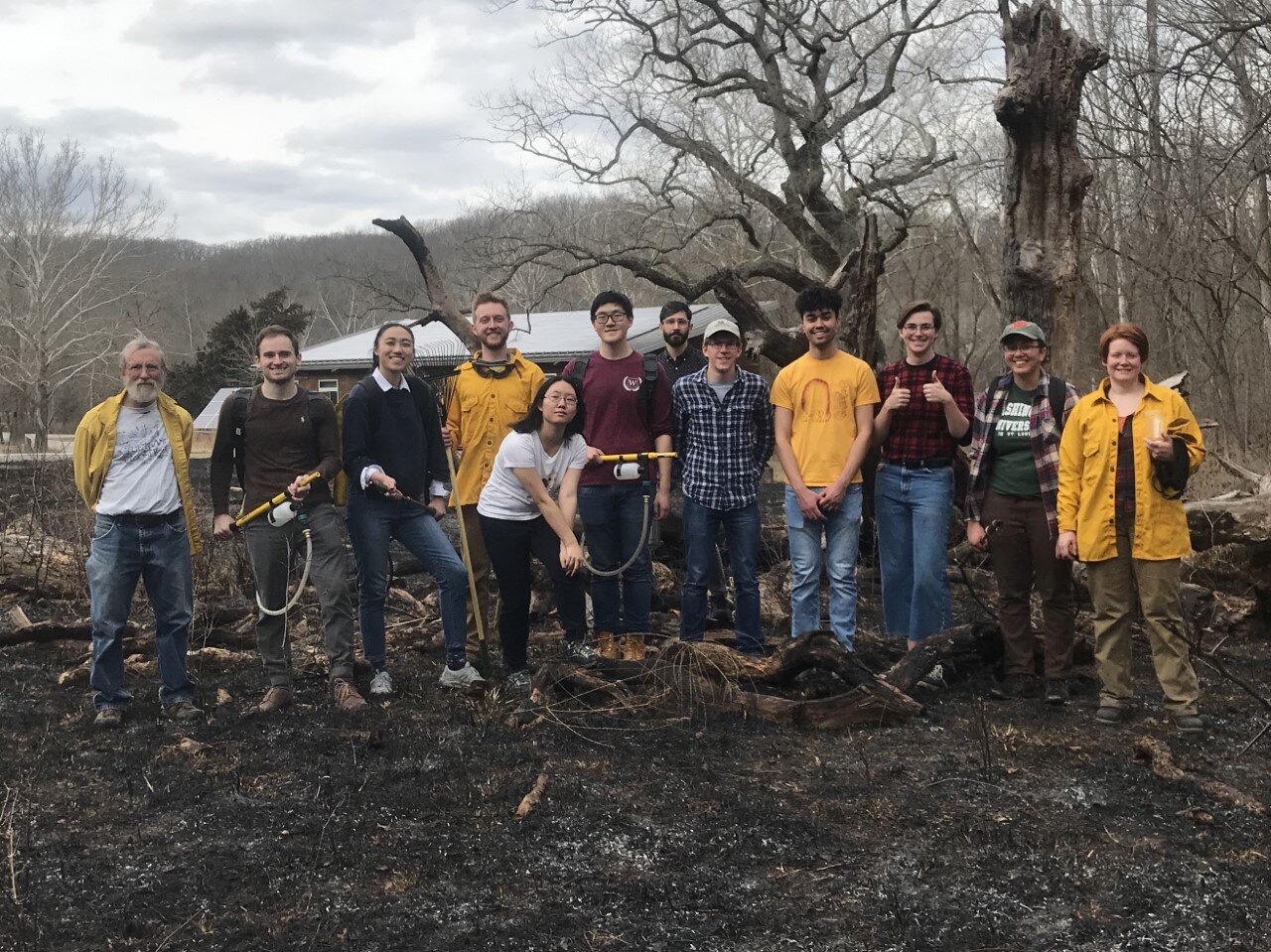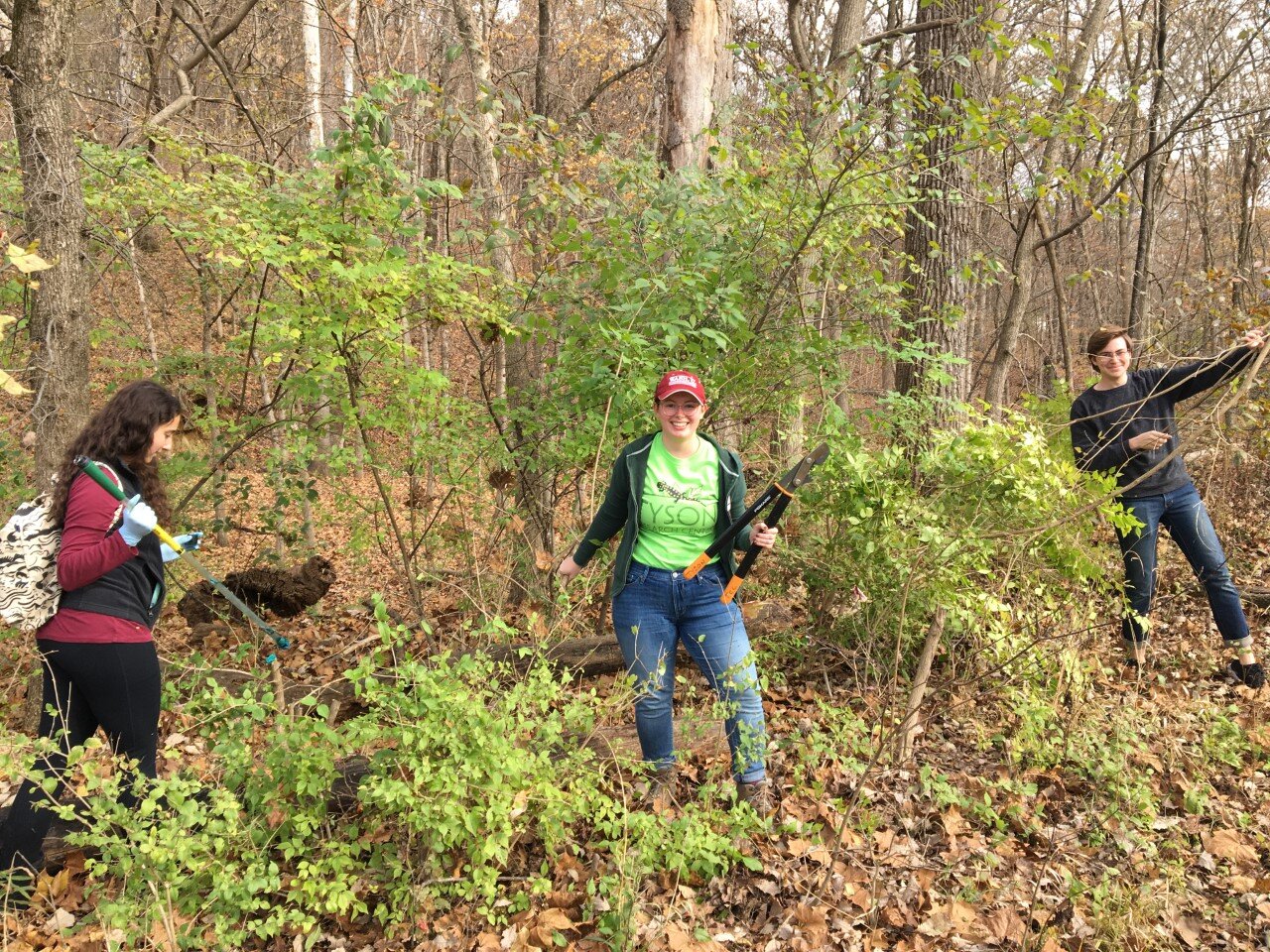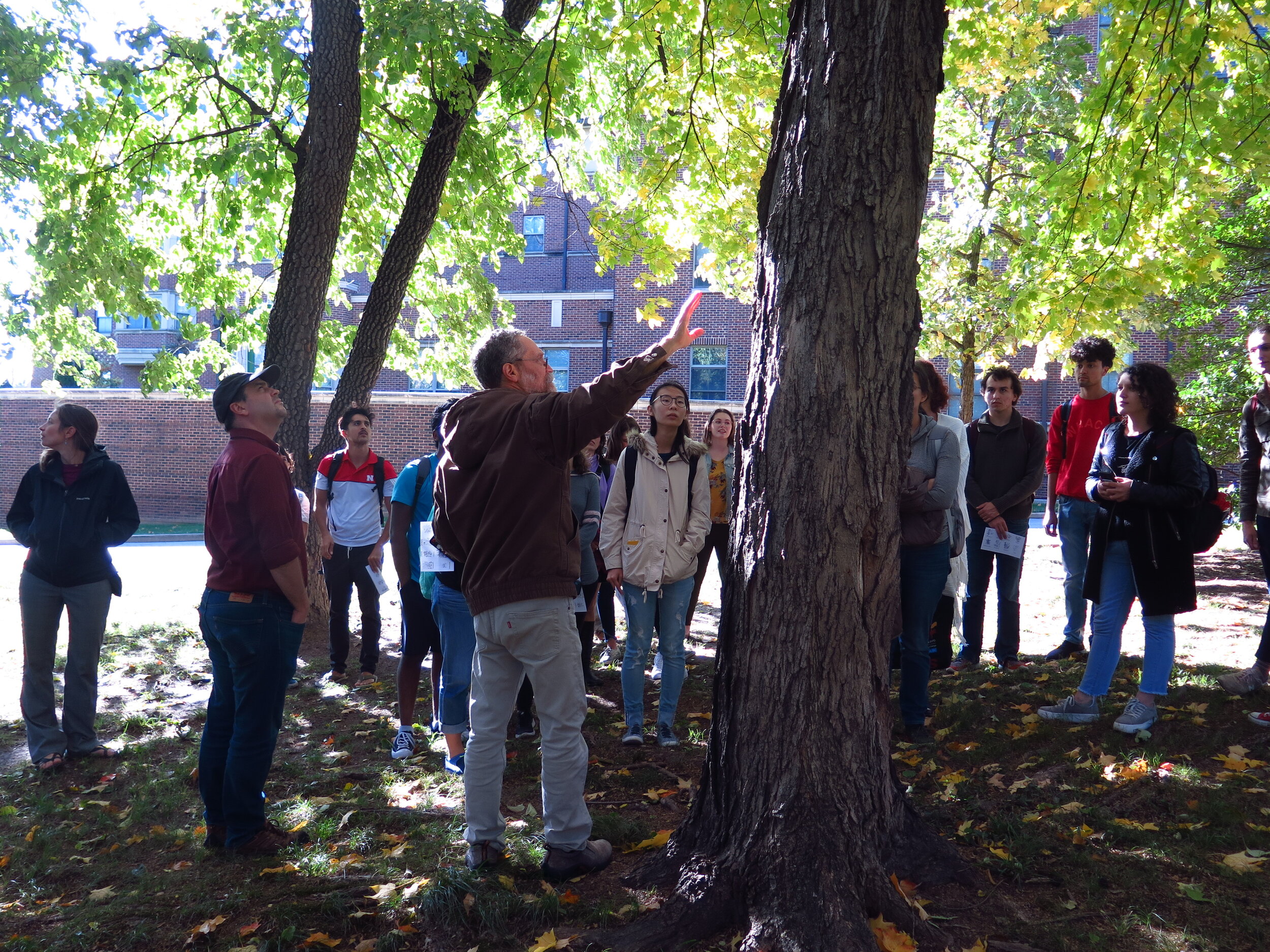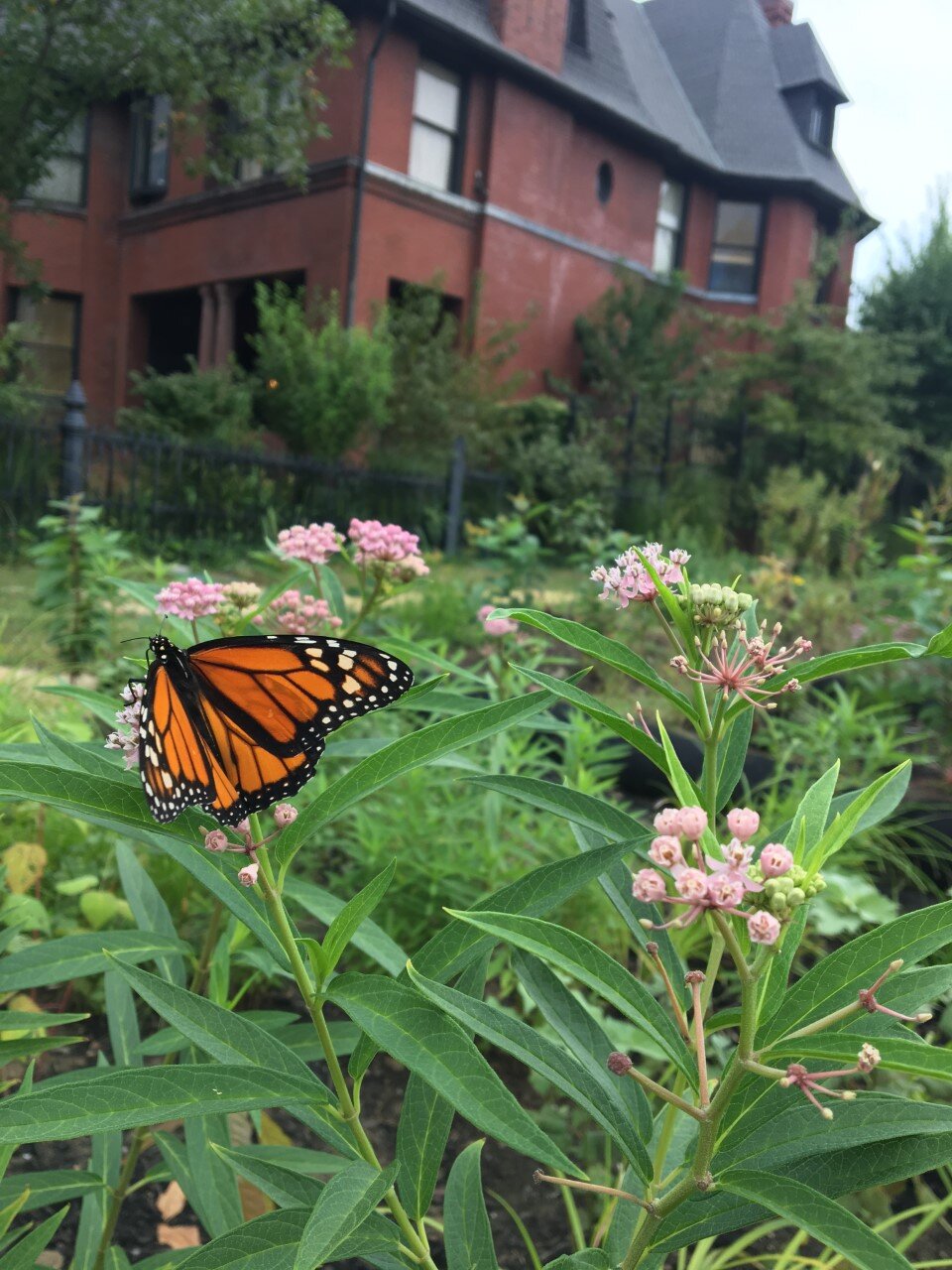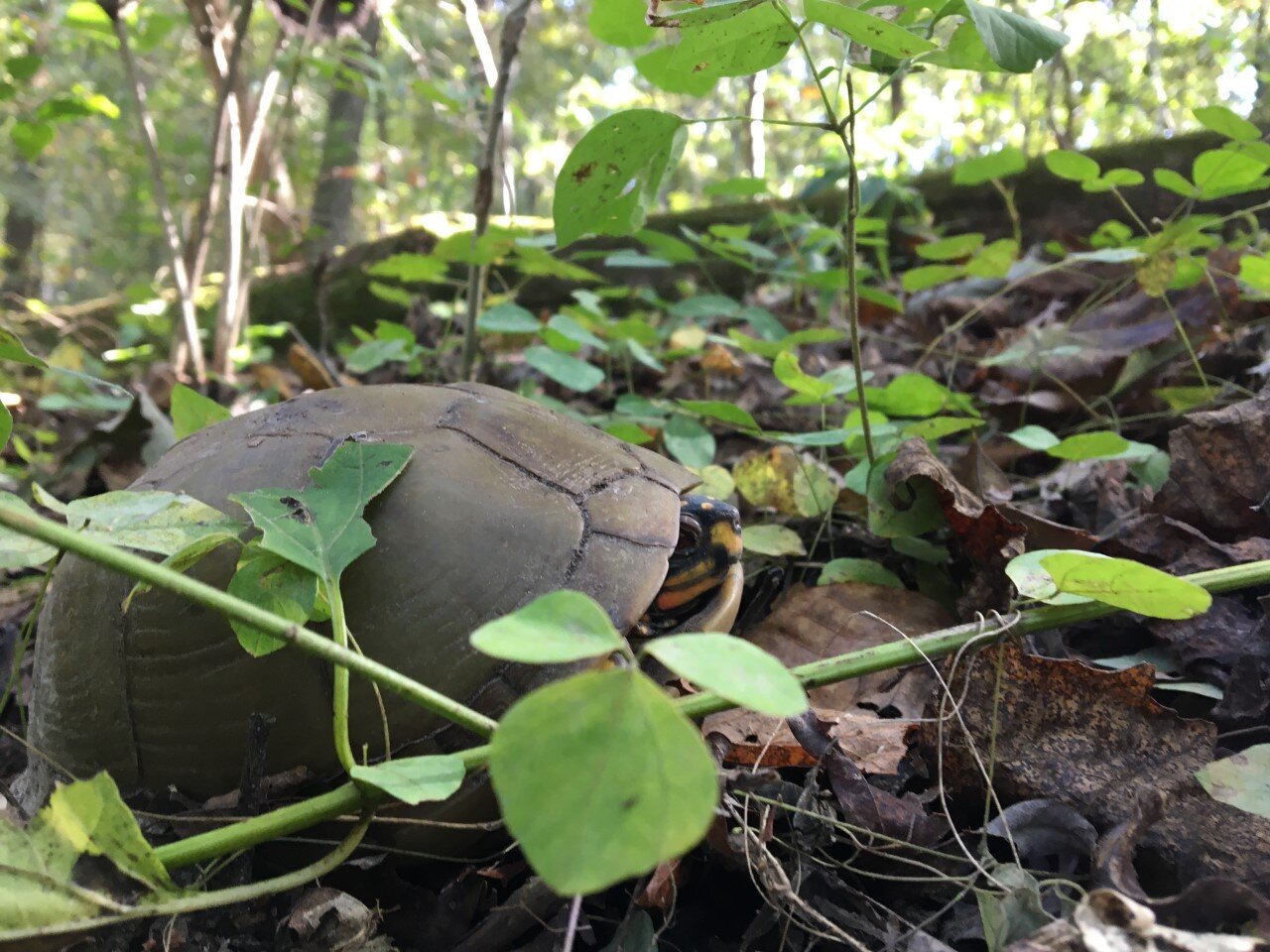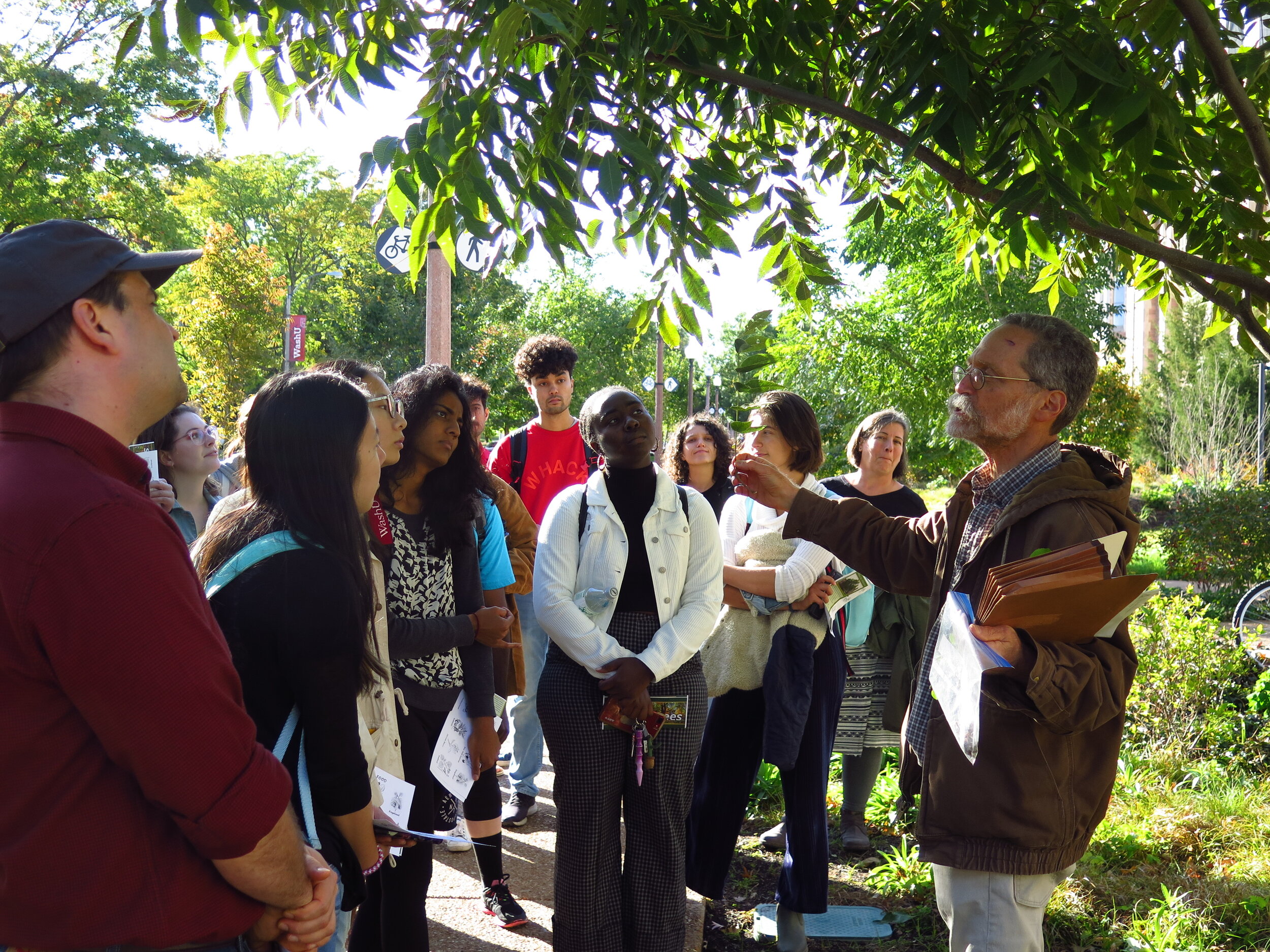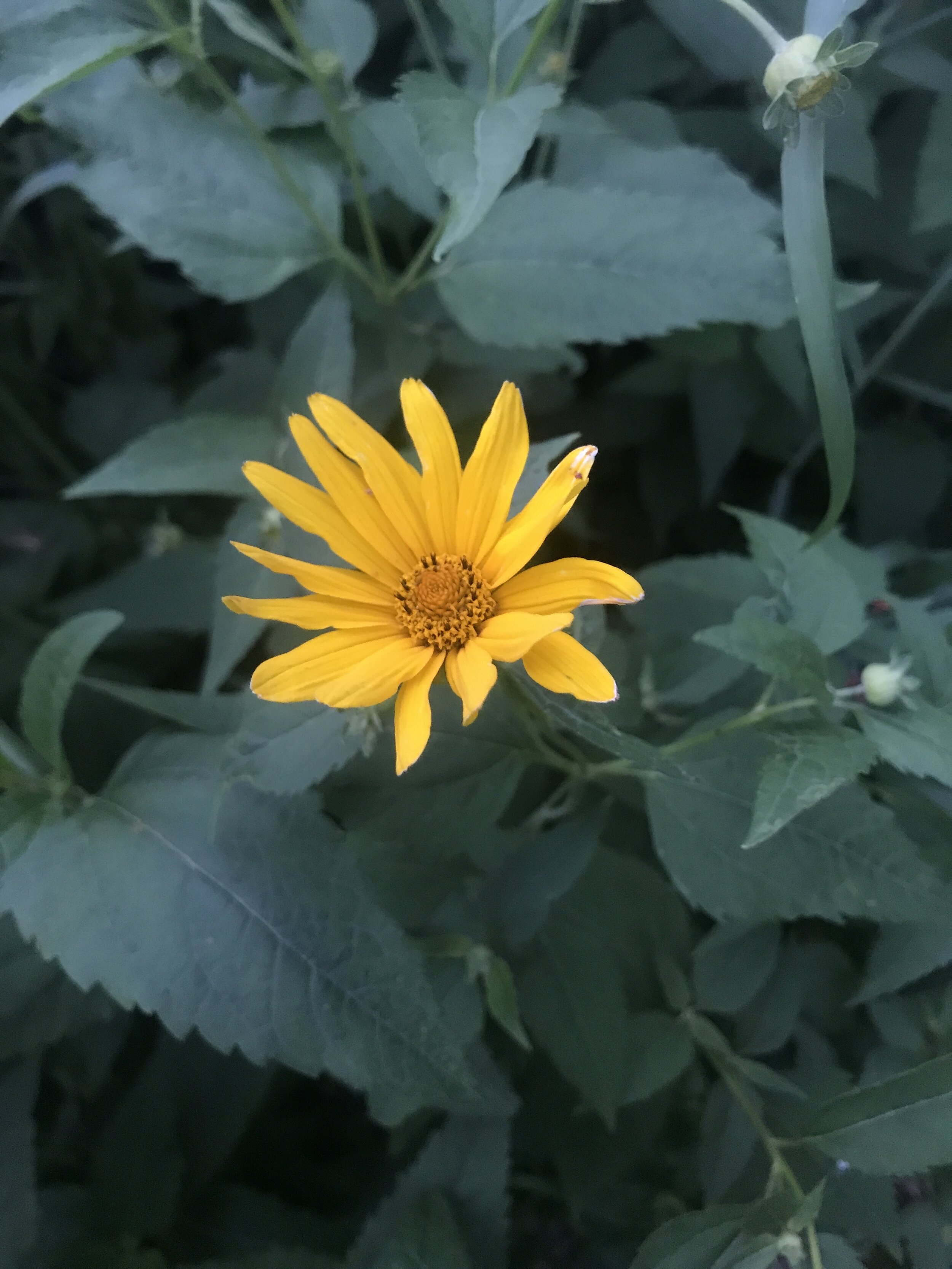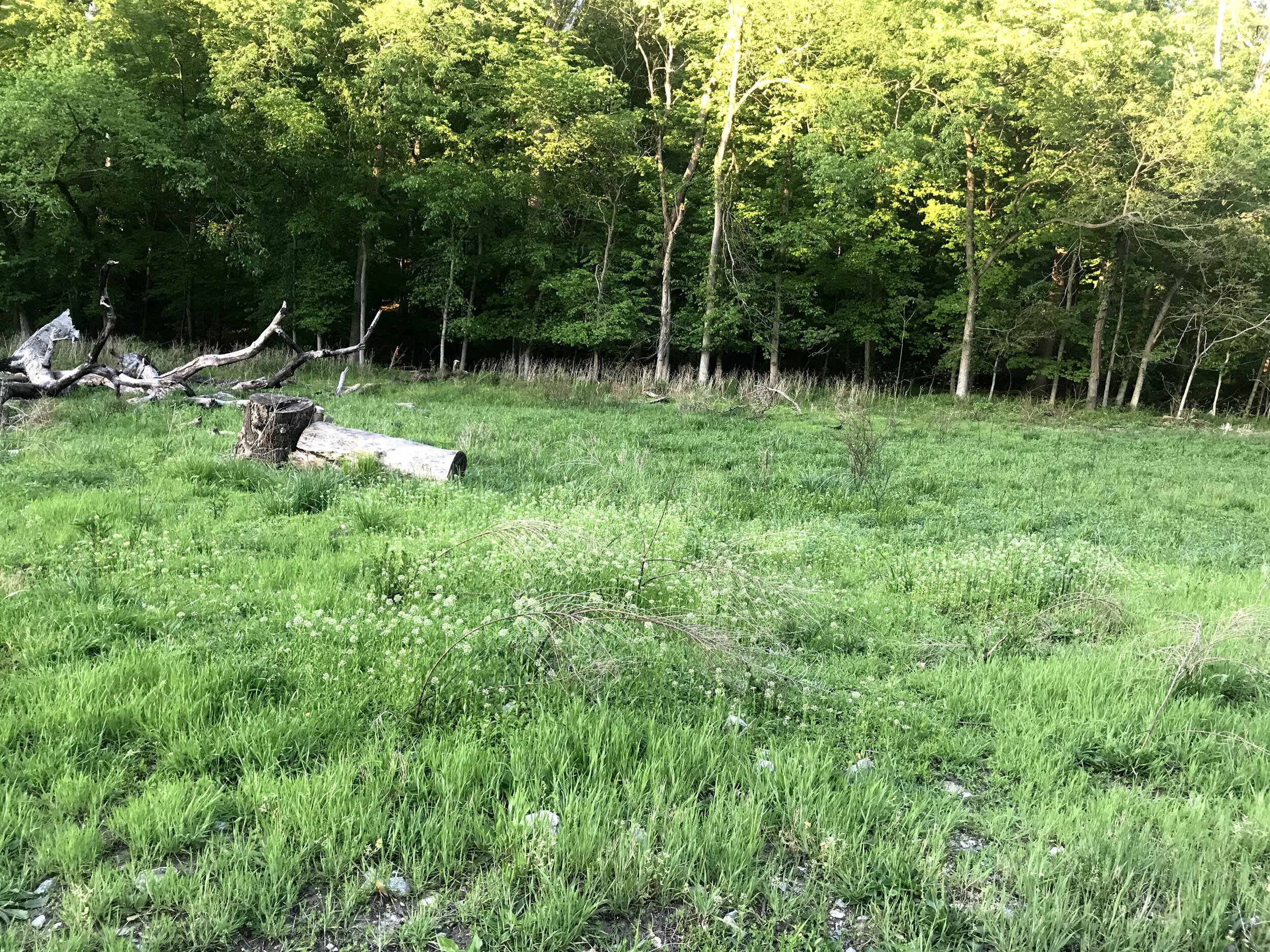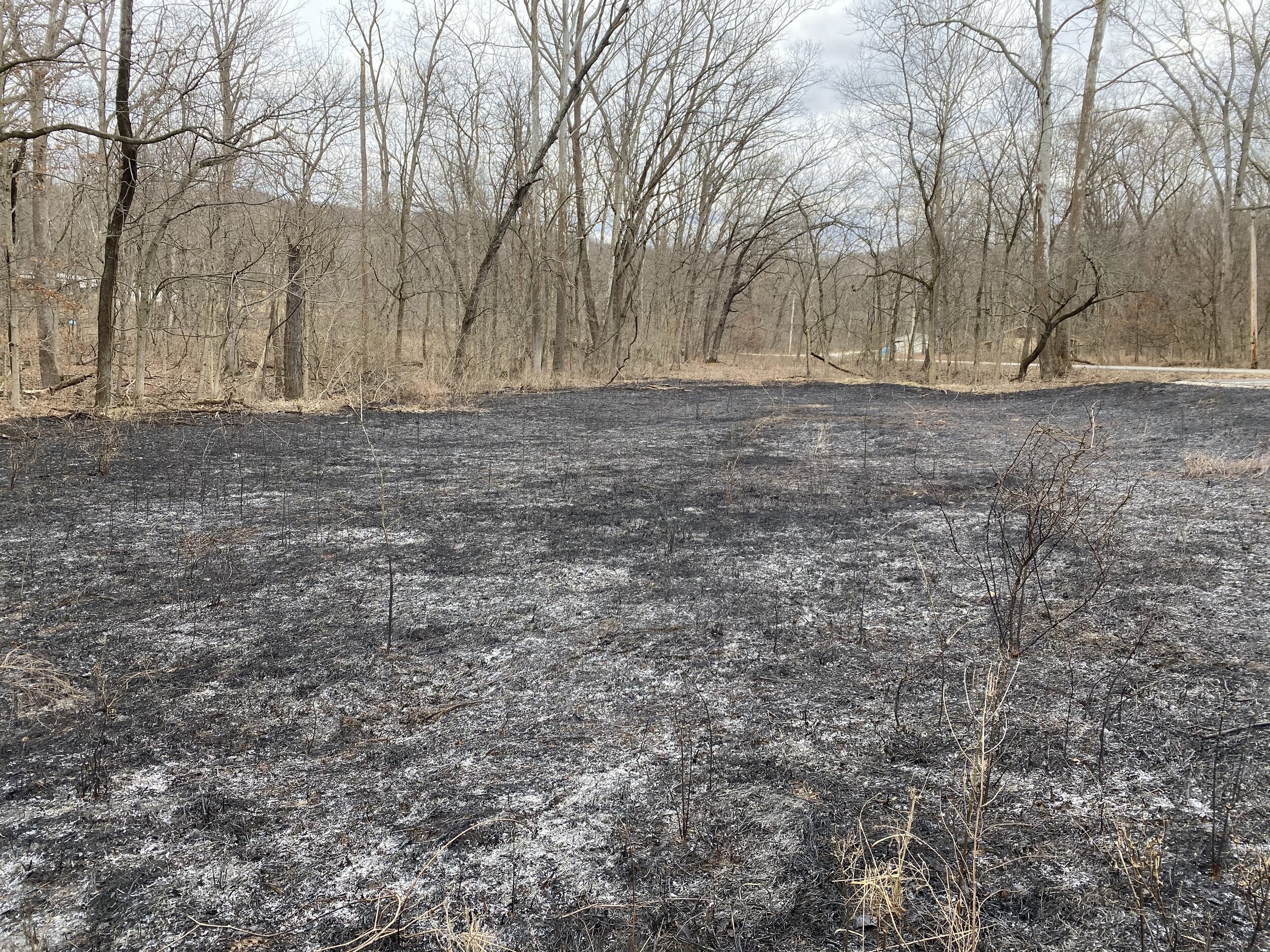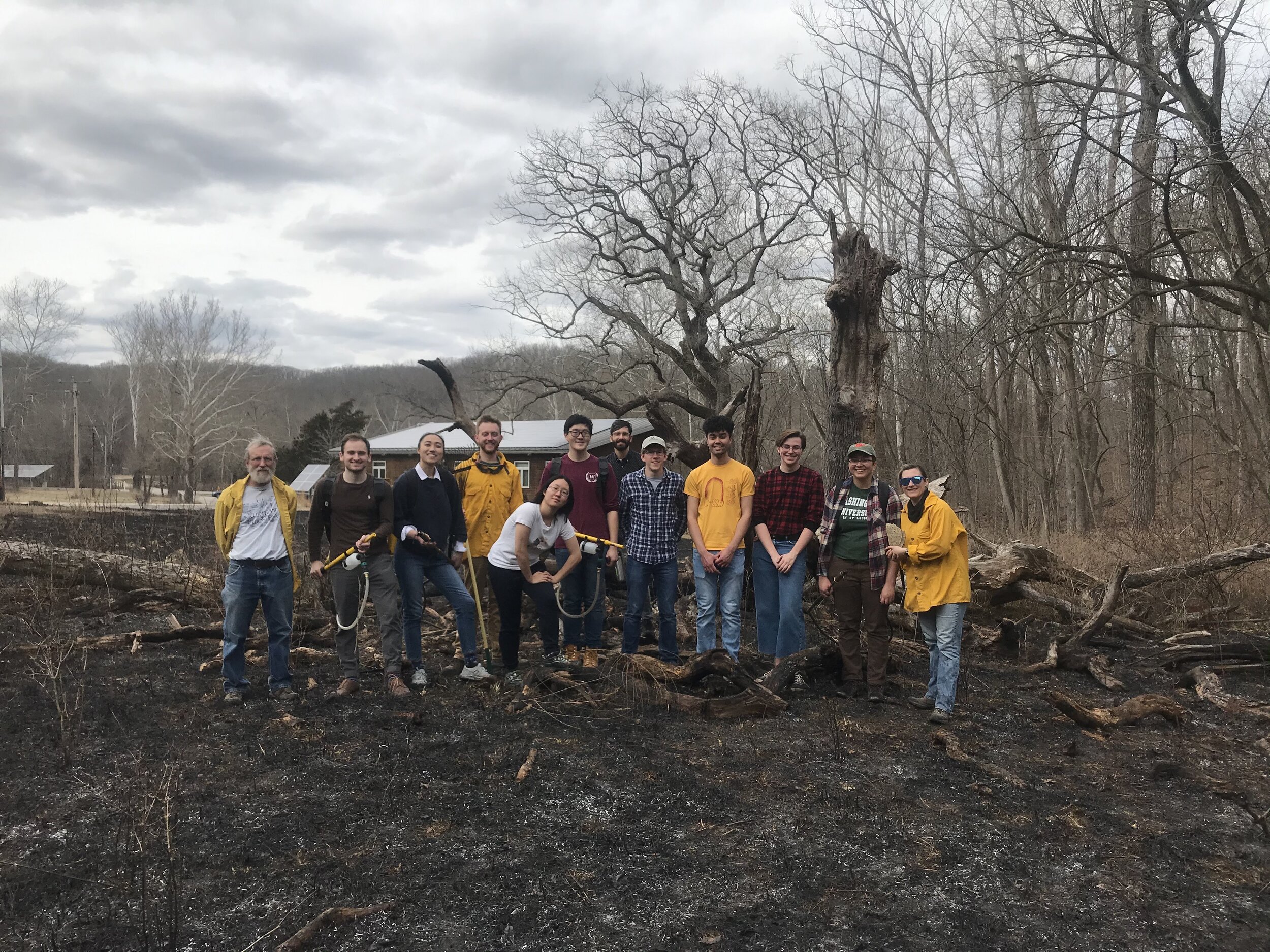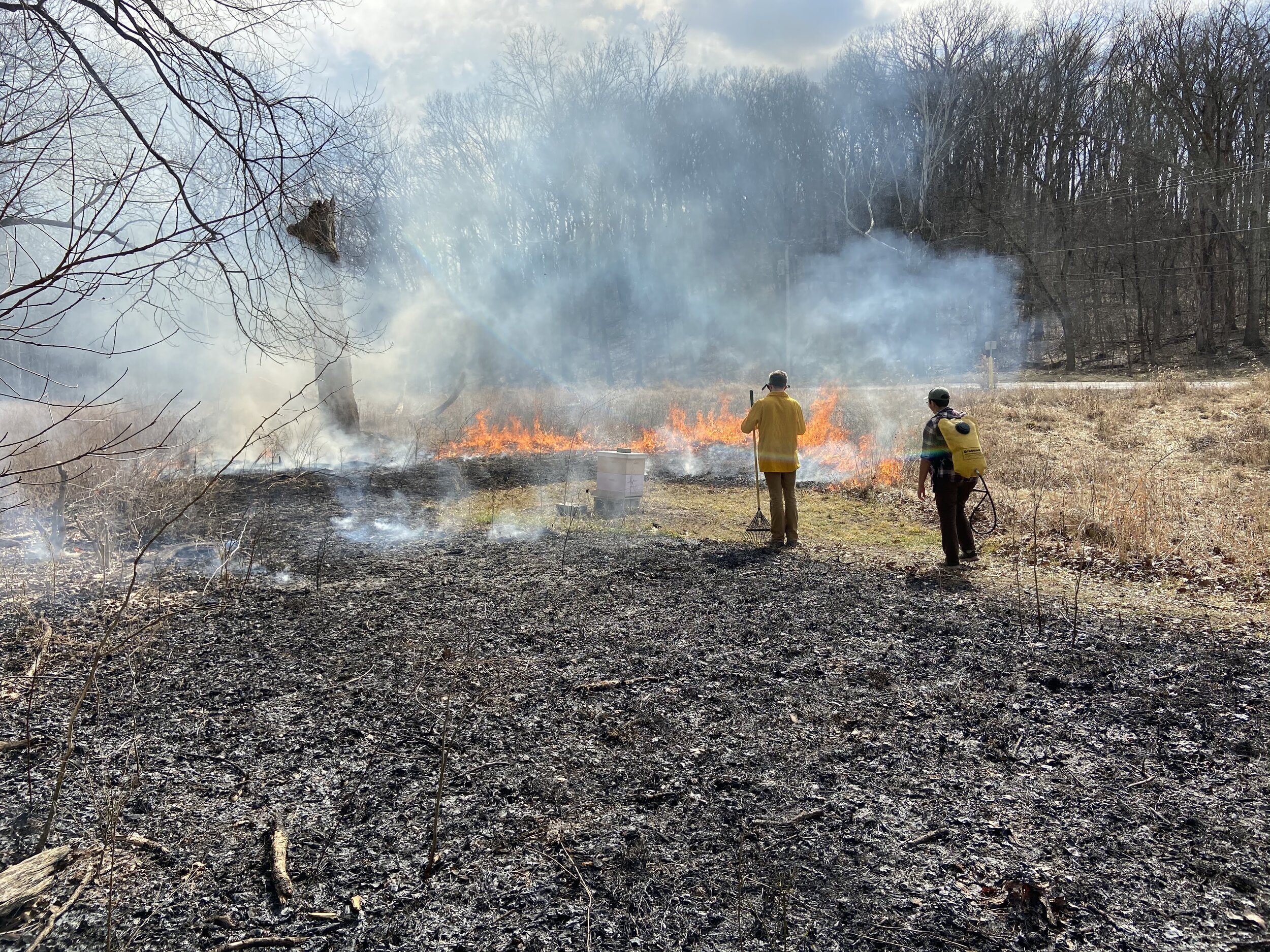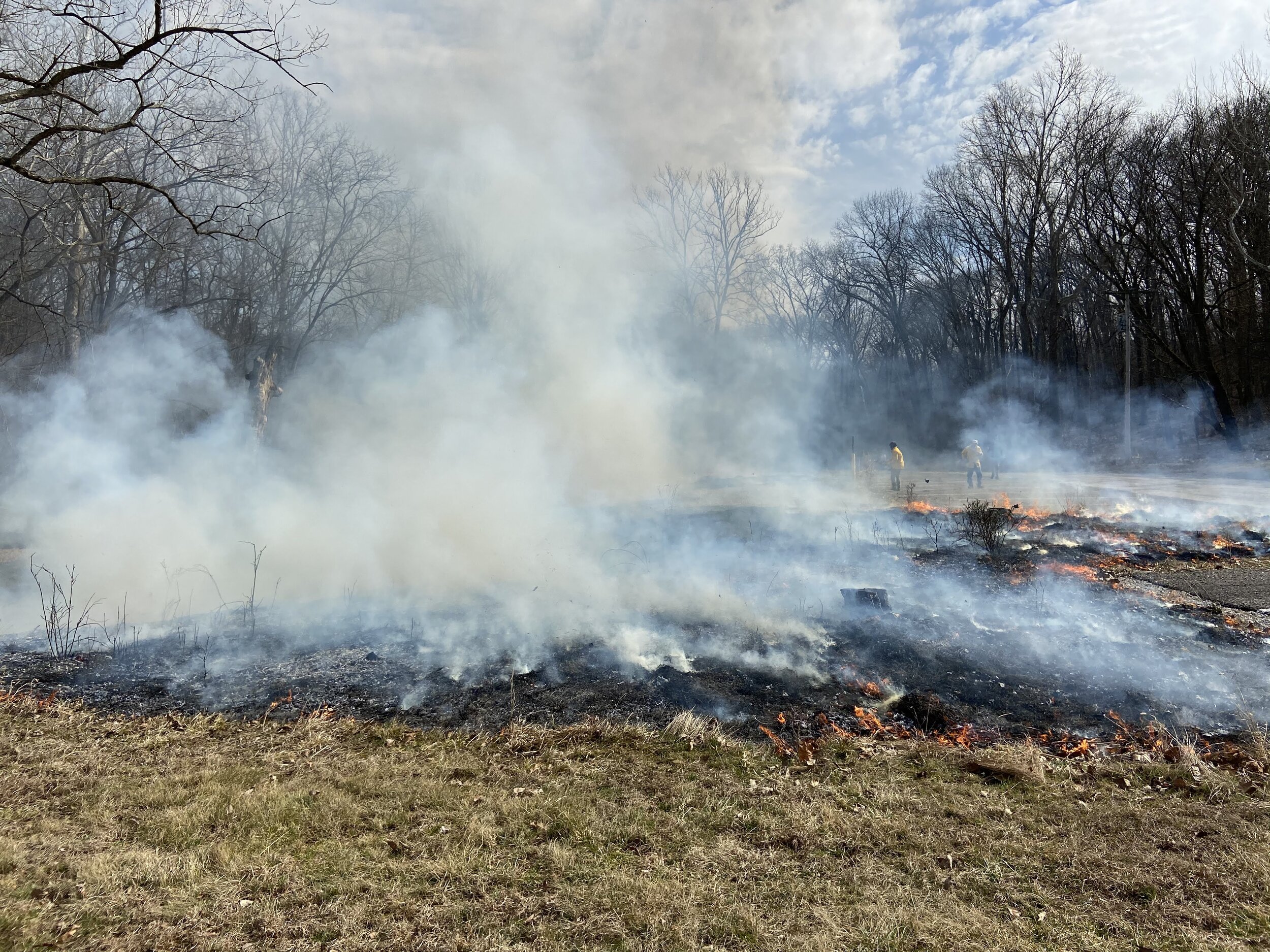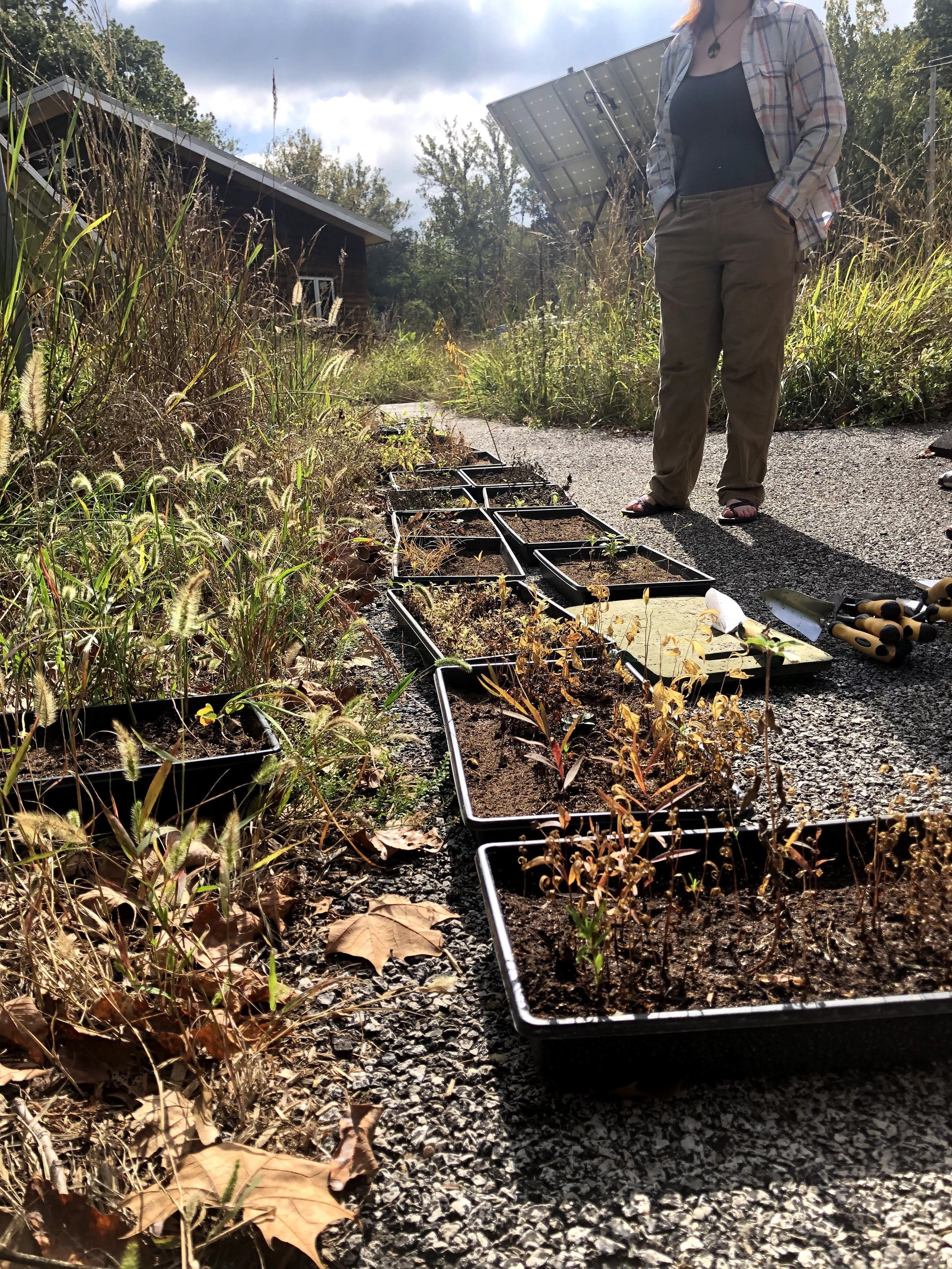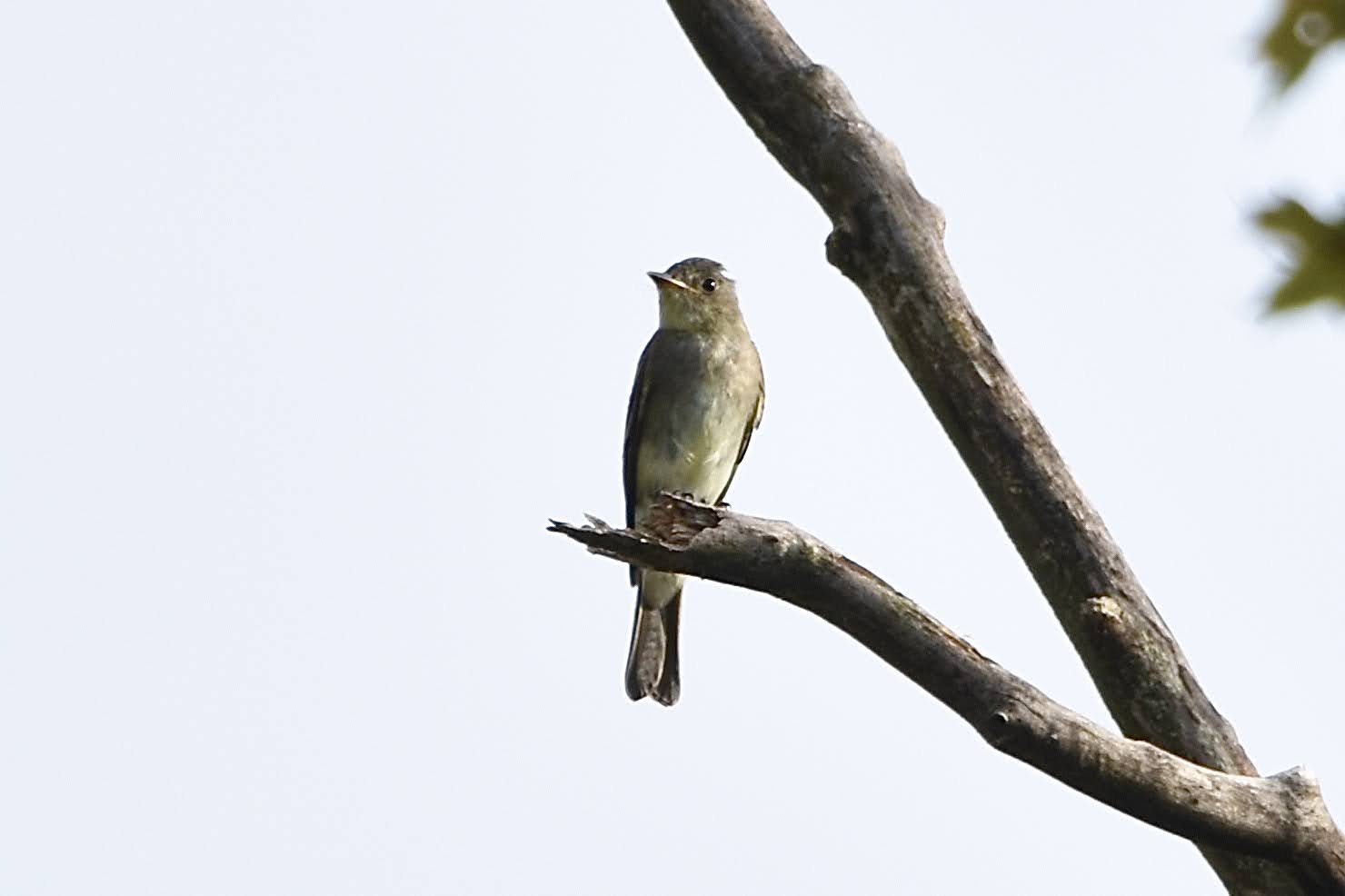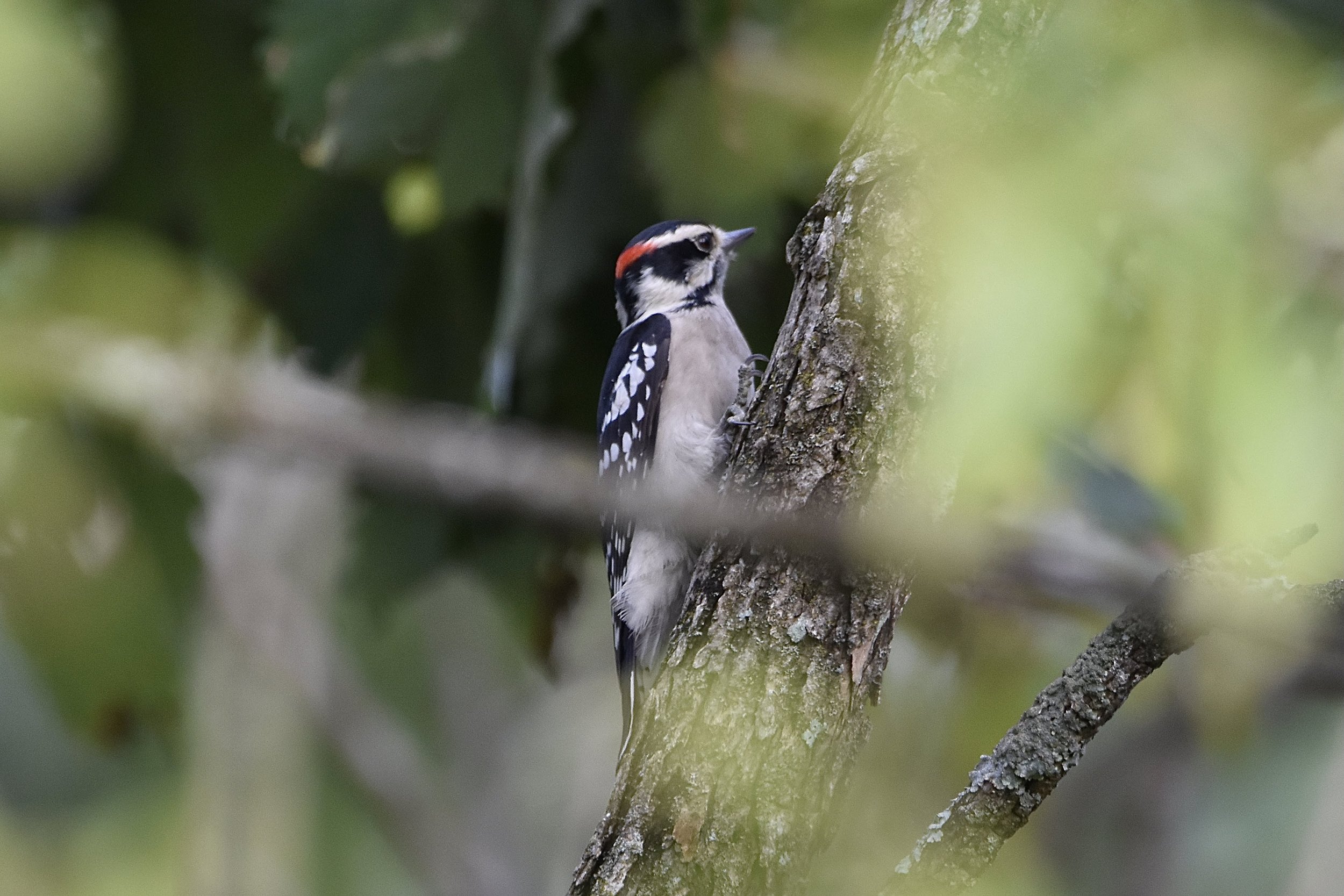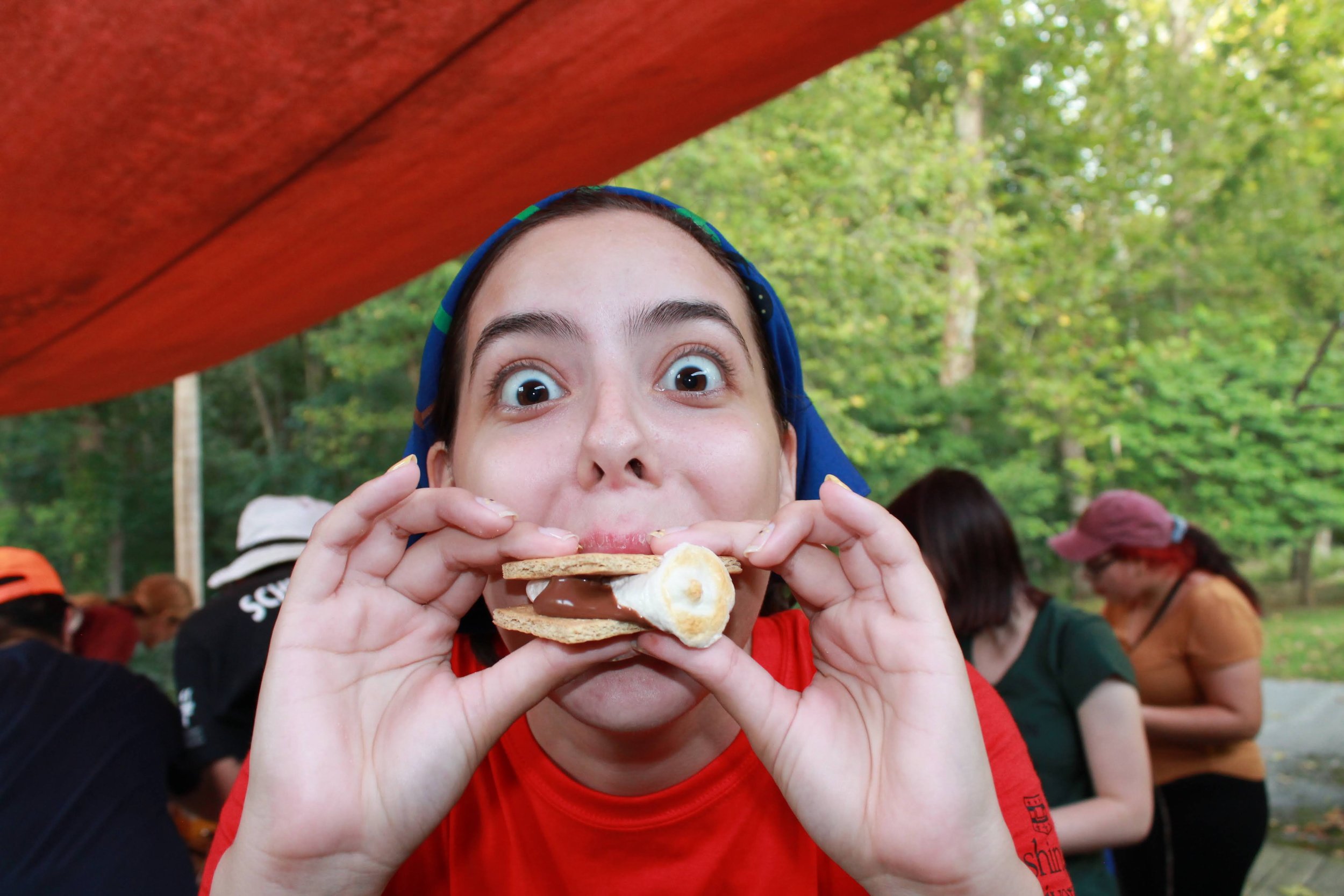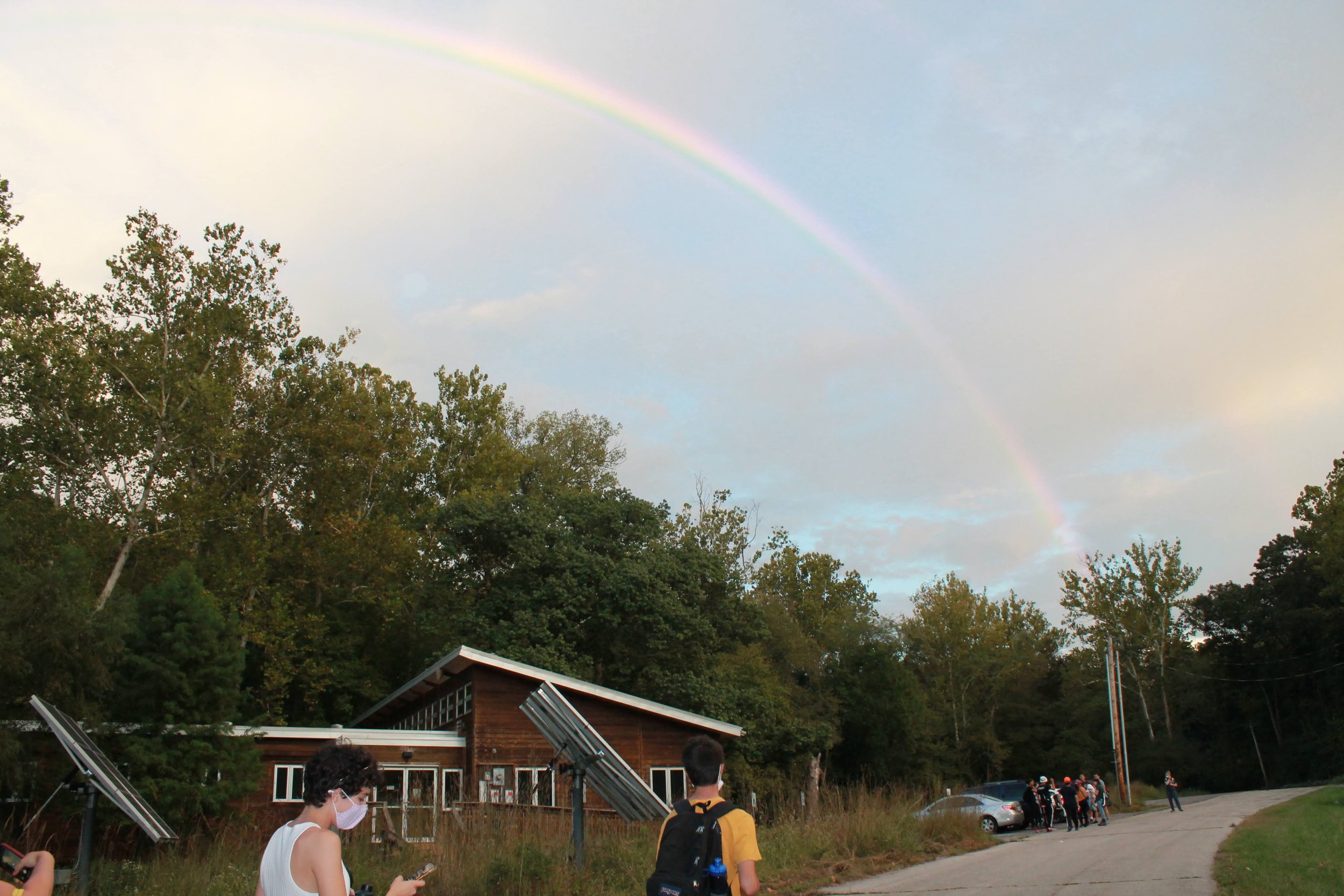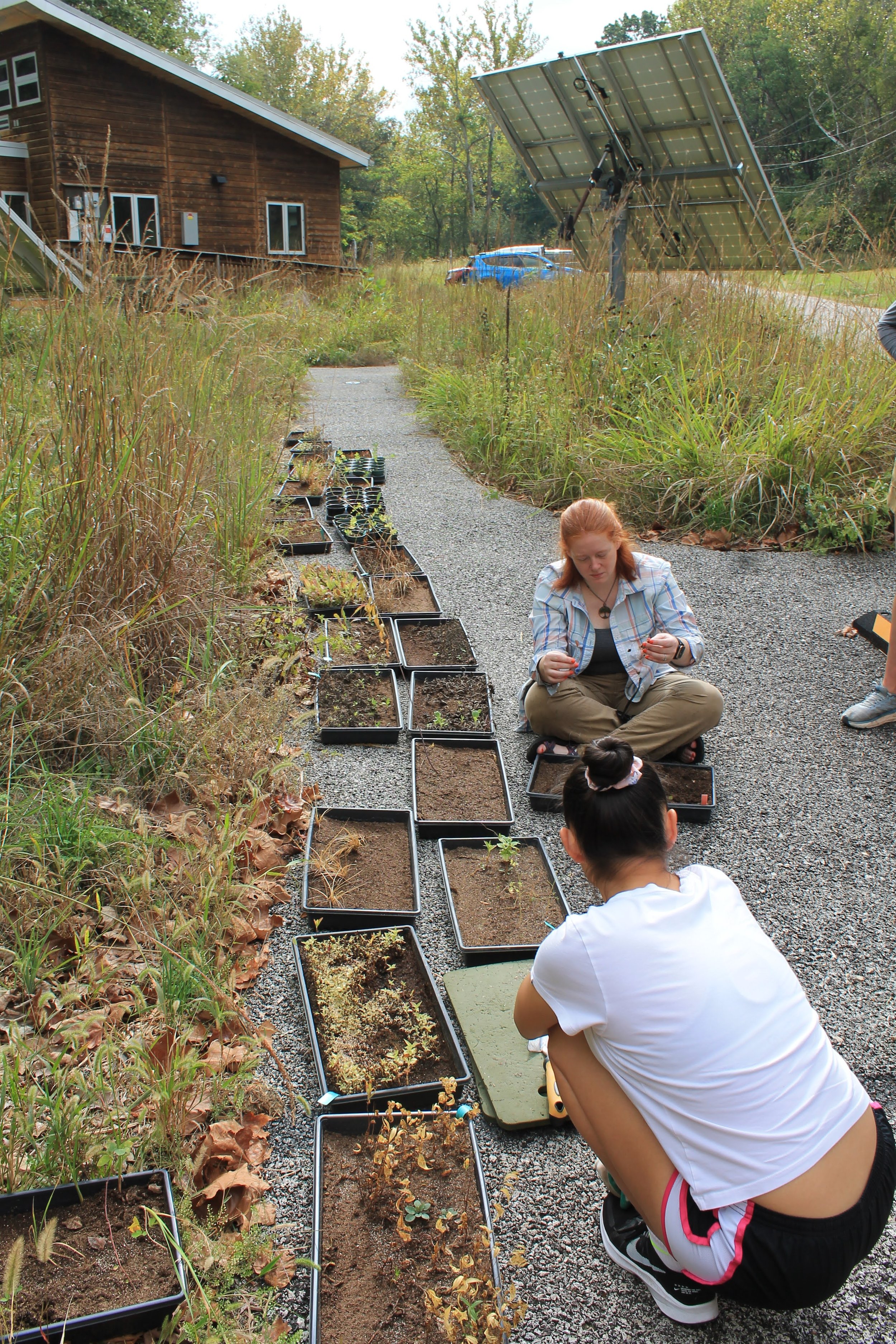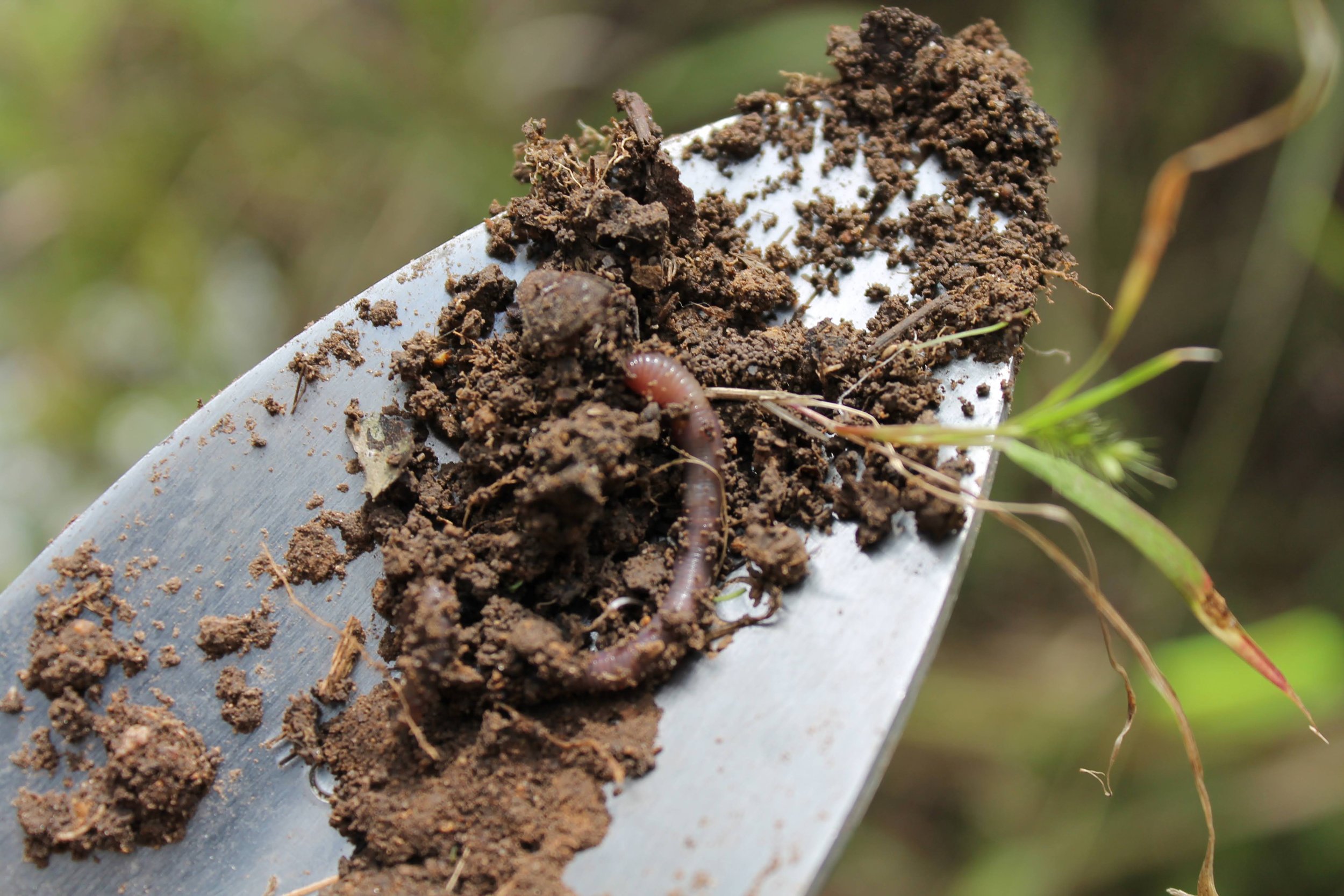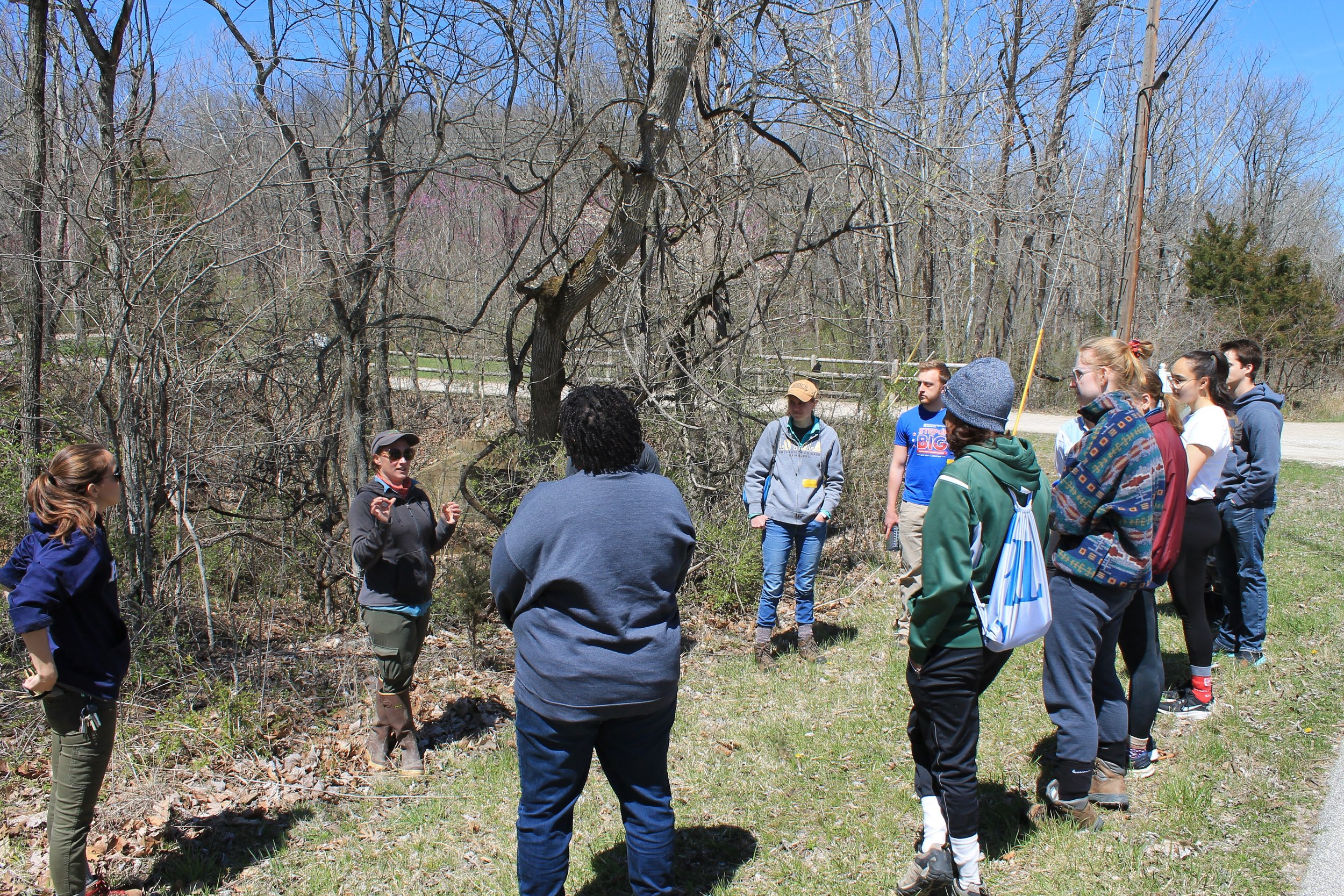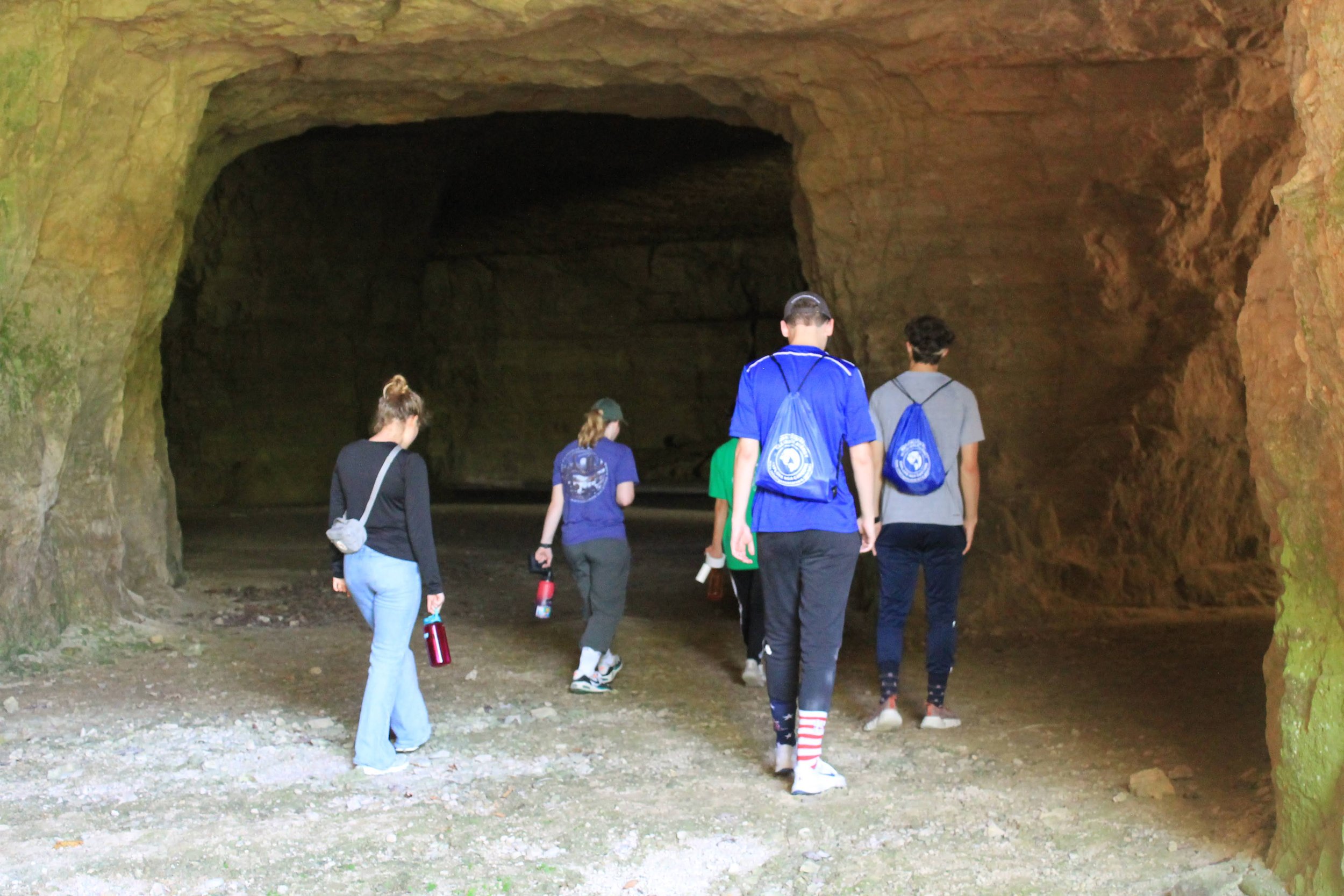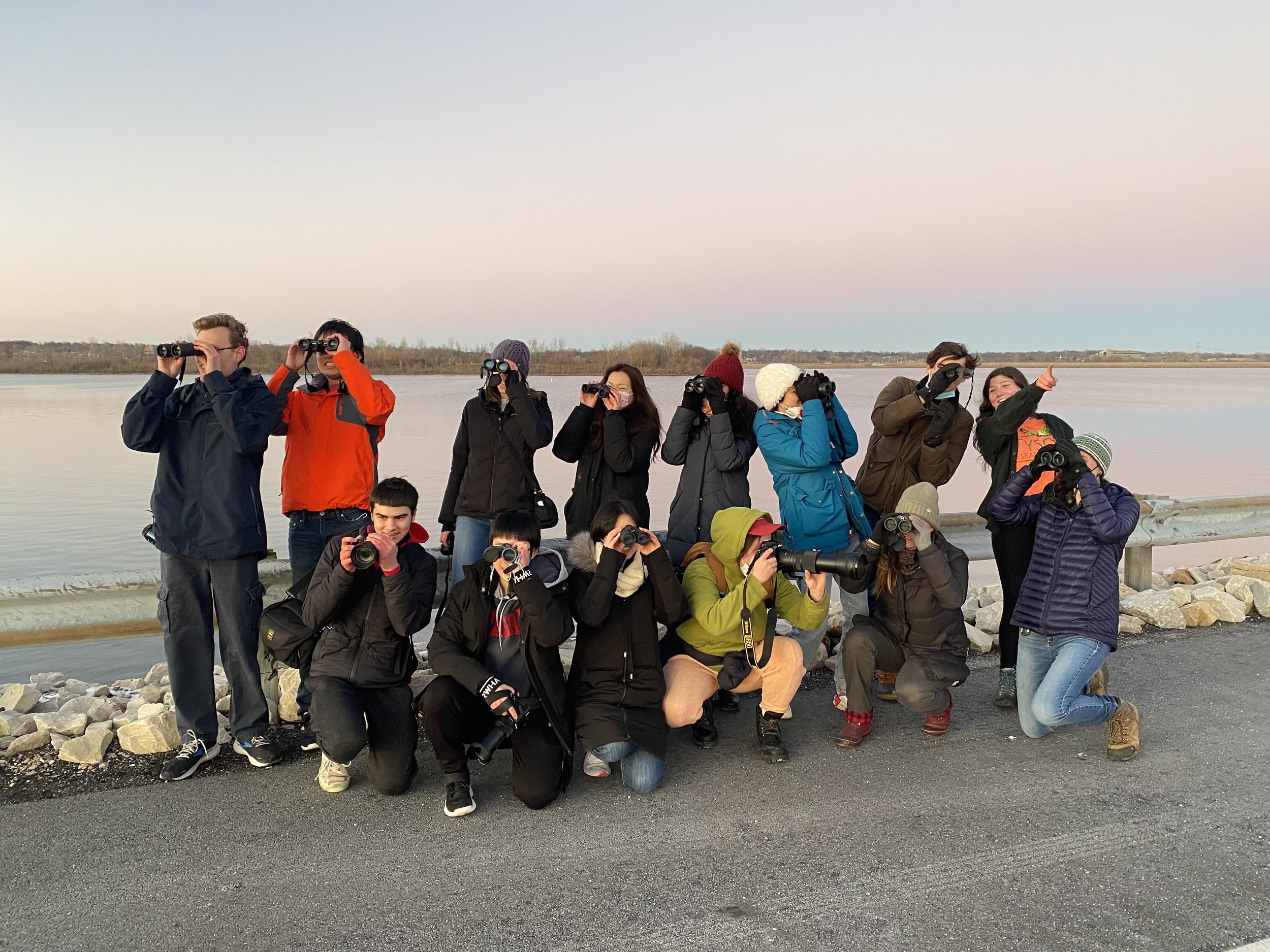We will not be taking applications for the Tyson Conservation Corps for the 2025-26 academic year.
About the TCC
The Tyson Conservation Corps (TCC) was established in 2018 under the leadership of Tyson staff scientists Solny Adalsteinsson and Elizabeth Biro. Starting in fall 2024, TCC has been transformed into a paid internship program for undergraduate students during the academic year.
At Tyson we believe in the power of experiential education. Students in TCC get hands-on training and experience through work on a variety of projects that are integral to the research and operations of the environmental field station.
Goals
Provide students with practical experience supporting key research initiatives and operations of Tyson Research Center
Conserve the ecological integrity of the Tyson landscape
Broaden the community of people who value Tyson and its resources
Strengthen ties among Tyson, the WashU Danforth Campus, area institutions, and the greater STL region
Tyson Conservation Corps Internship
We are hosting multiple paid internship positions for the 2024-25 academic year. Positions will begin in early September and end in early May (exact dates to be determined).
Overview
The Tyson Conservation Corps Internship is an hourly paid position that works during the academic year on Tyson-based projects under the direction of Tyson Research Center staff scientists. TCC intern positions support the following types of activities: on site restoration and conservation, data collection and management of current research and monitoring projects, communications including maintenance of social media presence, event and campus vehicle coordination, outreach to and co-programming with other green groups at WashU and beyond, and other duties as needed. TCC interns serve as representatives of Tyson to the WashU Environment, Sustainability, and Climate Change Internships program (ESSC) and attend all ESCC events.
Location
Interns will work onsite at Tyson and/or remotely and/or at the WashU Danforth Campus depending upon the internship position and project activities.
Requirements for all intern positions
Current enrollment as an undergraduate student at WashU or another St. Louis area college or university
Ability to work 5-10 hours per week
Attendance at scheduled weekly check-in meetings
Ability to maintain timely and detailed communication with Tyson staff scientists via Slack workspace
Ability to work on select weekends and outside of class hours during the week as needed for events
Commitment to attend the ESCC monthly meetings and special events
Must have significant driving experience and obtain a Missouri Class E driver’s license (chauffeur/for-hire license) or another state equivalent, if driving a Tyson vehicle is necessary for specific project position
Ability to act as a positive representative of Tyson Research Center to the broader WashU and St. Louis communities
Understanding of Tyson’s commitment to social justice
General qualifications for all intern positions
Strong organization and time management skills
Attention to detail, including use of proper grammar/punctuation/etc.
Responsive, communicative, and dependable
Ability to take initiative and excellent follow through
Strong written and verbal communication skills
Ability to work both independently and as part of a collaborative team
Strong leadership skills
Proficiency with Google Drive, WUSTL Box, Microsoft Office, and Slack or related/similar products
Familiarity with Tyson Research Center (preferred)
-
The media communications intern will write news stories, work on Tyson’s annual report, and generate new and timely content for Tyson’s website and social media presence.
Specific qualifications:
Interest in science communication for public understanding
Experience writing public-facing pieces
Experience conducting journalistic interviews
Experience with Squarespace, Instagram, and Adobe InDesign
Reports to Susan Flowers and Kim Medley
-
The flora intern will assist with the ongoing Tyson Flora Project. Our goal is to create a master list of Tyson’s vascular plant species – from rare orchids in a remnant glade to weeds in the lab lawn. The “Flora of Tyson” project is a critical ongoing endeavor to create a baseline resource for experimental design and land management at Tyson. The flora intern will conduct field surveys of vascular plants, collect and process voucher specimens, monitor weekly flowering phenology, enter and clean data, and process voucher specimens at Missouri Botanical Garden.
Specific qualifications:
Plant identification and ability to use a dichotomous key
Ability to work under outdoor field conditions
Strong data management skills
Reports to Erin O’Connell
-
The biodiversity monitoring intern will use camera traps, acoustic recorders, and other ecological sampling methods to collect data for a variety of large-scale biodiversity monitoring projects at Tyson and in the St. Louis area. The intern will complete field work, equipment maintenance, data management, and analysis for 5 long-term projects that vary based on the season:
LifePlan- A global inventory of biodiversity led by researchers at the University of Helsinki with alternating years of data collection between Tyson and Forest Park.
Vernal Pool Phenology Project- A Tyson-based project looking at the phenology of amphibians and trees at small, forested ponds across time to identify potential shifts and emerging asynchronies in the timing of important life history events (spring only).
Tyson Bat Inventory - A monitoring project to study bat species, including the endangered Indiana bat, Gray bat, and Northern Long-eared bat. Data will be processed and analyzed using computer software to identify calls to species and locate areas with high bat activity.
Tyson Deer Monitoring - A fall site-wide camera trap network surveilling the population of white-tailed deer and assessing their impacts on Tyson’s forest.
St. Louis Wildlife Project - A monitoring project that aims to quantify biodiversity and understand wildlife ecology in the greater St. Louis area. St. Louis is a partner city in the Urban Wildlife Information Network, a global initiative based at the Lincoln Park Zoo in Chicago.
Specific qualifications:
Strong data management skills and attention to detail
Strong computer skills, proficiency with spreadsheets and file management
Ability to multitask
Basic knowledge of R programming software preferred but not required
Comfortable speaking with the general public to train and educate
Interest in biodiversity, conservation, urban ecology, wildlife
Reports to Beth Biro, Solny Adalsteinsson, Erin O'Connell
-
The mosquito intern will assist with ongoing projects in the lab investigating the urban ecology and evolution of mosquitos. Projects this fall include characterizing overwintering dormancy of wild mosquitoes and the effects of light pollution on life history and reproductive traits of the invasive tiger mosquito. The work will largely take place in the lab at Tyson and consist of counting mosquito larvae, eggs, and embryos, entering data, and maintaining mosquito colonies. Some field work at Tyson and at sites across St. Louis is possible for a motivated candidate. The intern will have the opportunity to interact with mentors in the mosquito ecology and evolution lab, learn about experimental design, and data interpretation. The successful candidate will be required to come to Tyson 1-2 times a week and be able to work independently.
Specific qualifications:
Attention to detail
Ability to take instruction and work independently
A strong interest in insects, disease ecology, or urban ecology
Dependable and able to keep a regular schedule
Experience with microscopes is a plus but not required
Reports to Katie Westby and Kim Medley
Thank you to ALL of our amazing student volunteers over the years!
TCC Conservation Stewards
Conservation Stewards are members of TCC that have shown an exceptional commitment to their surrounding environment by investing in ecology education, actively participating in conservation efforts, and providing service to the Earth.
Eric Yin
Maxine Roeder
Emma Claisse
Jenny Mann
Emma Diaz
Layla Santiago
Juliet Ainsley
Melissa Parkinson
Rubin Steele

